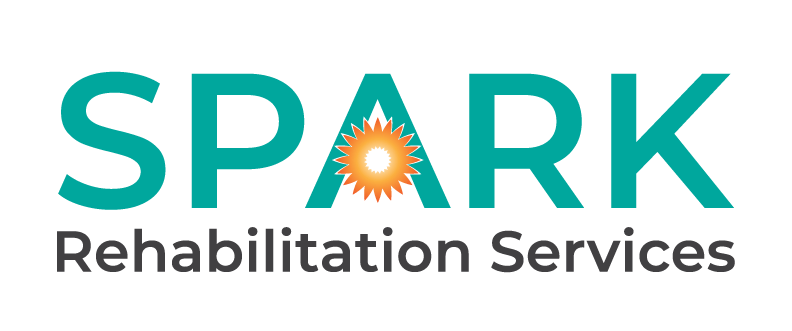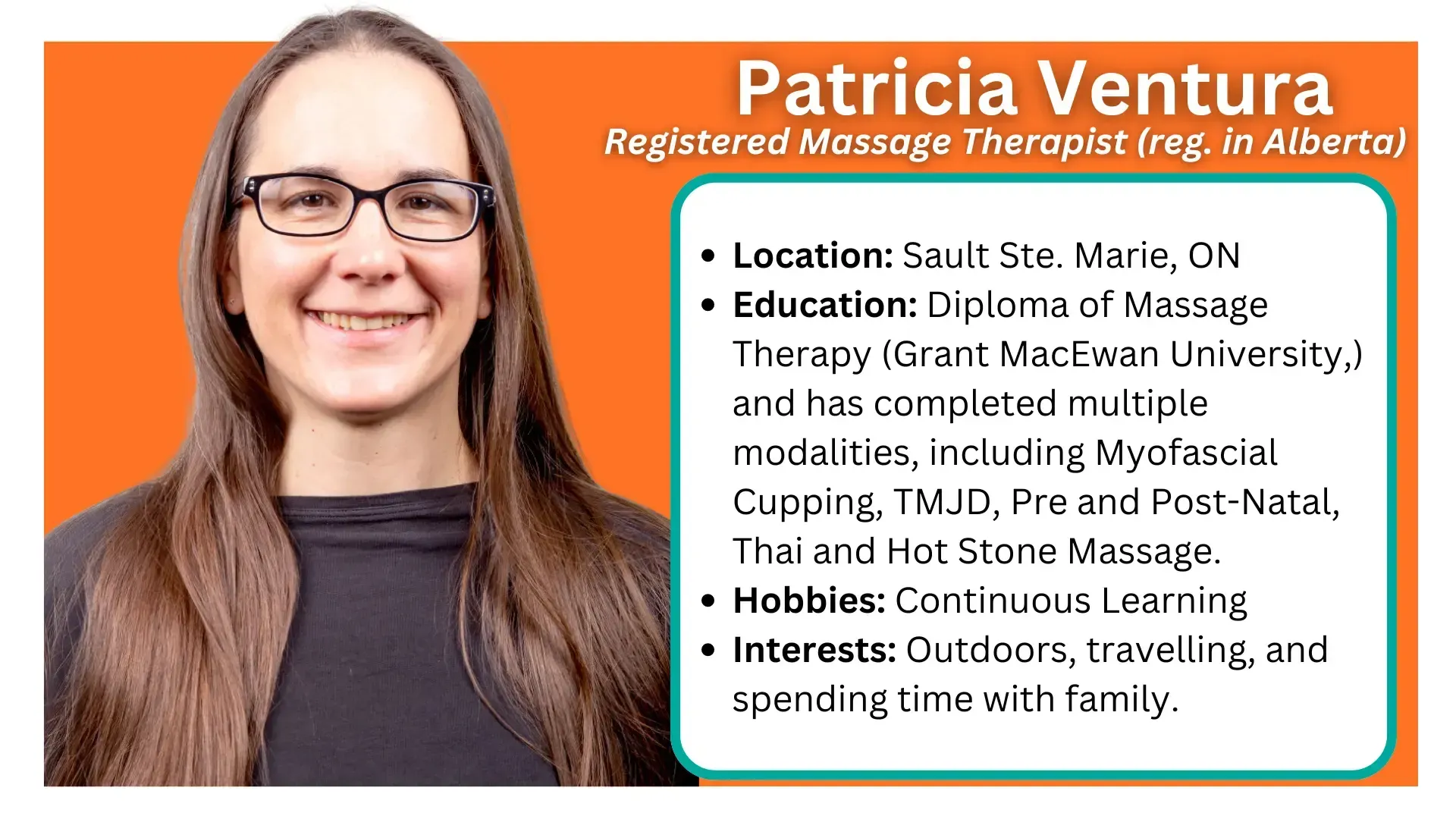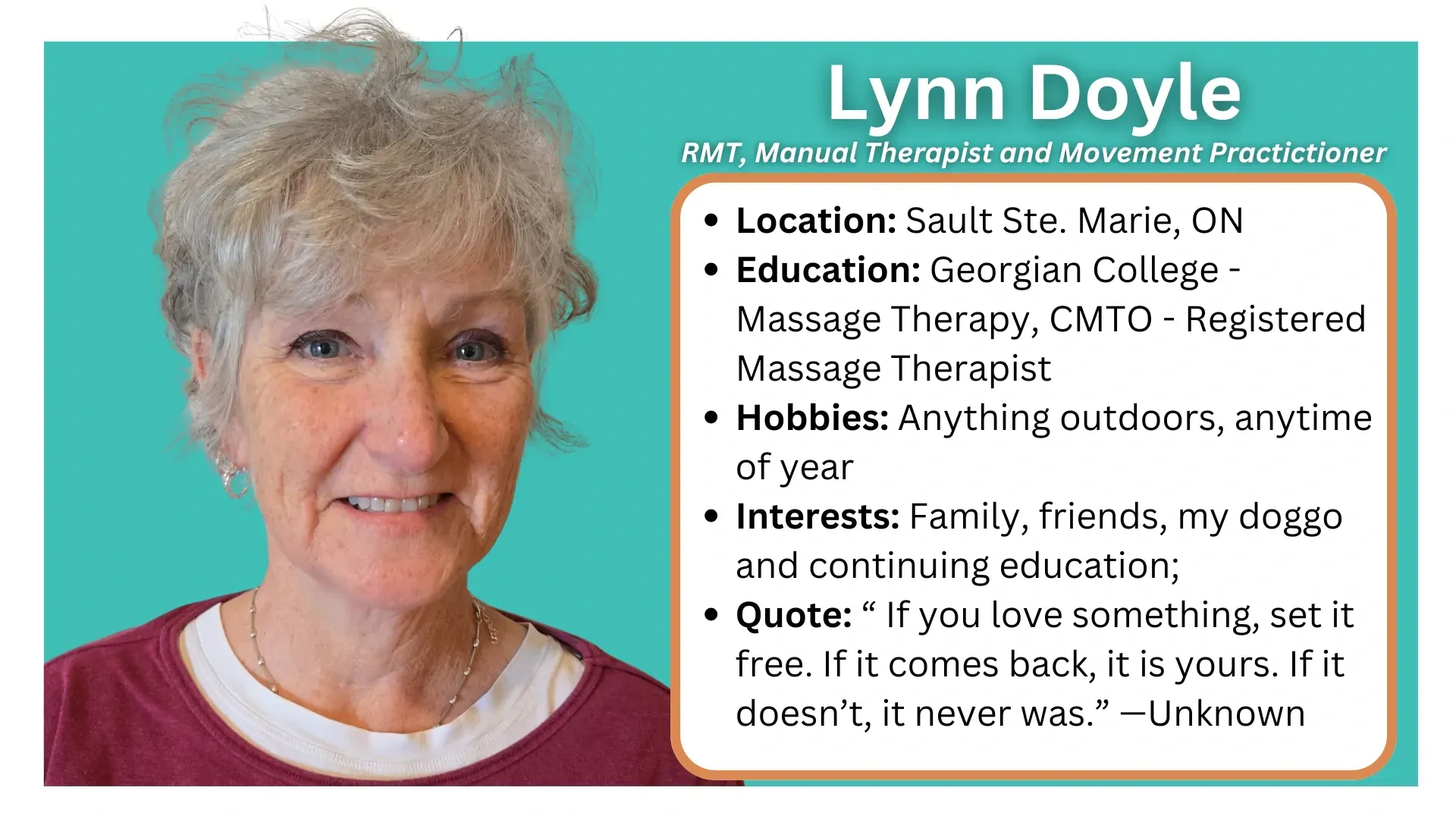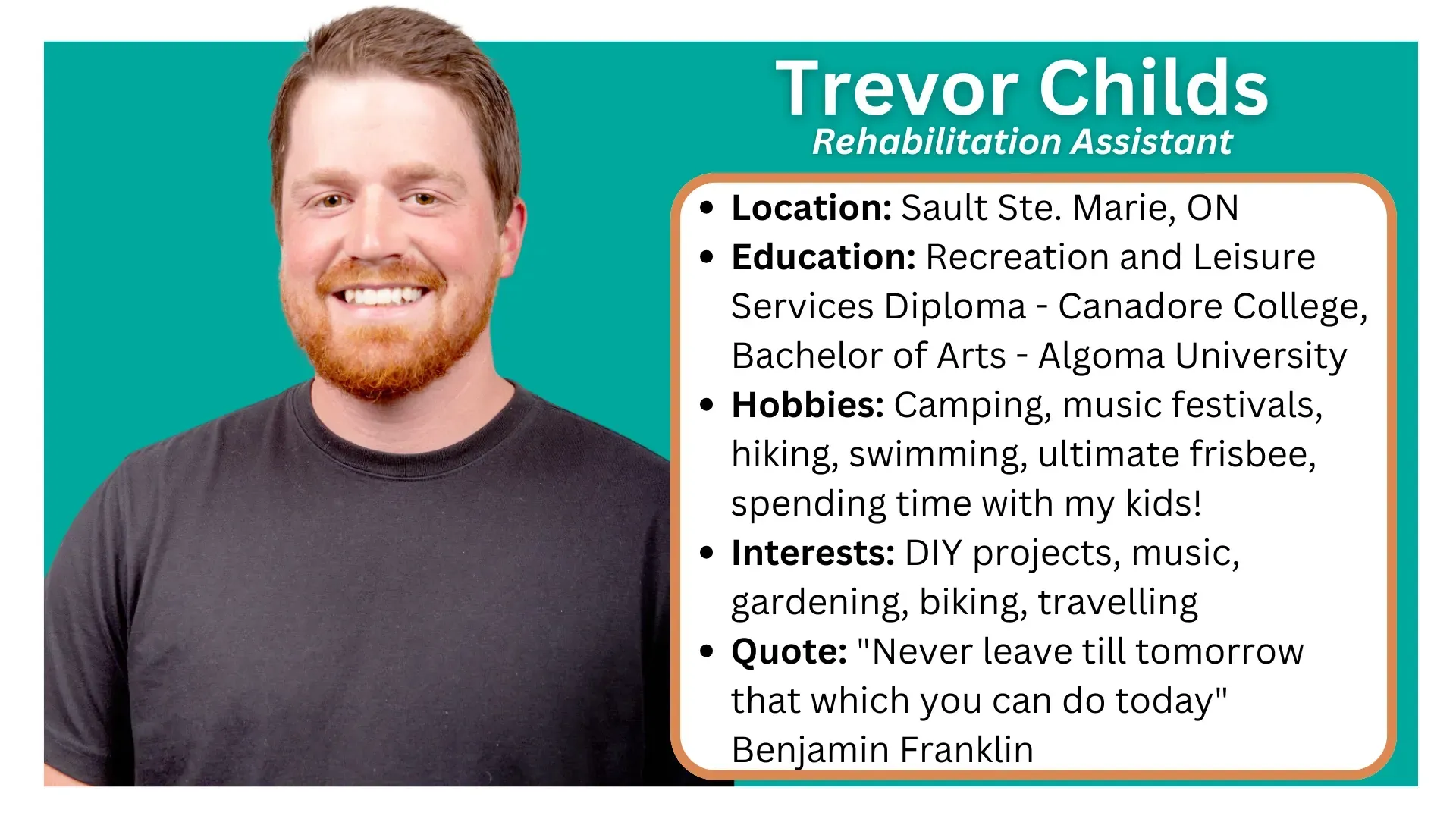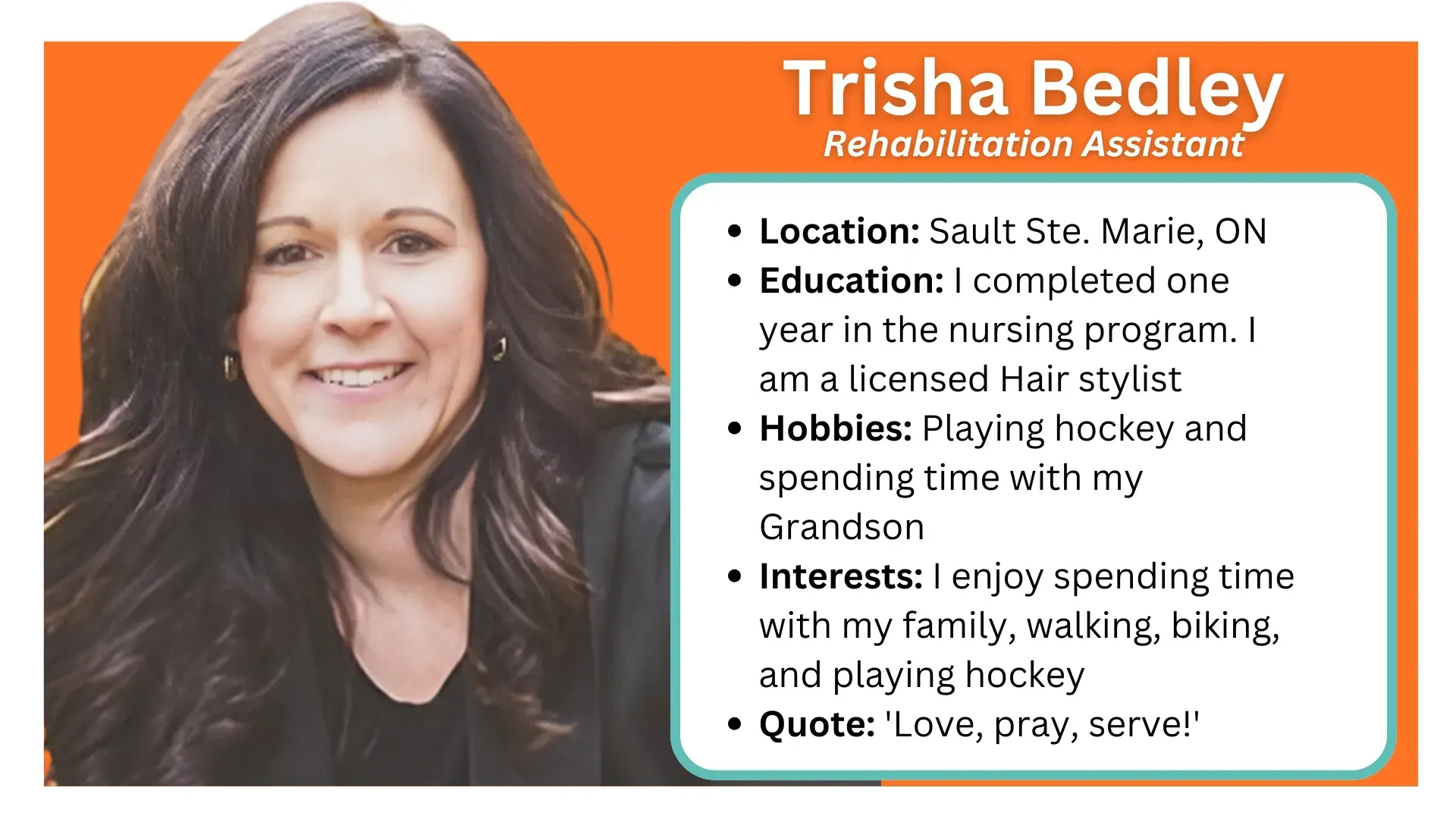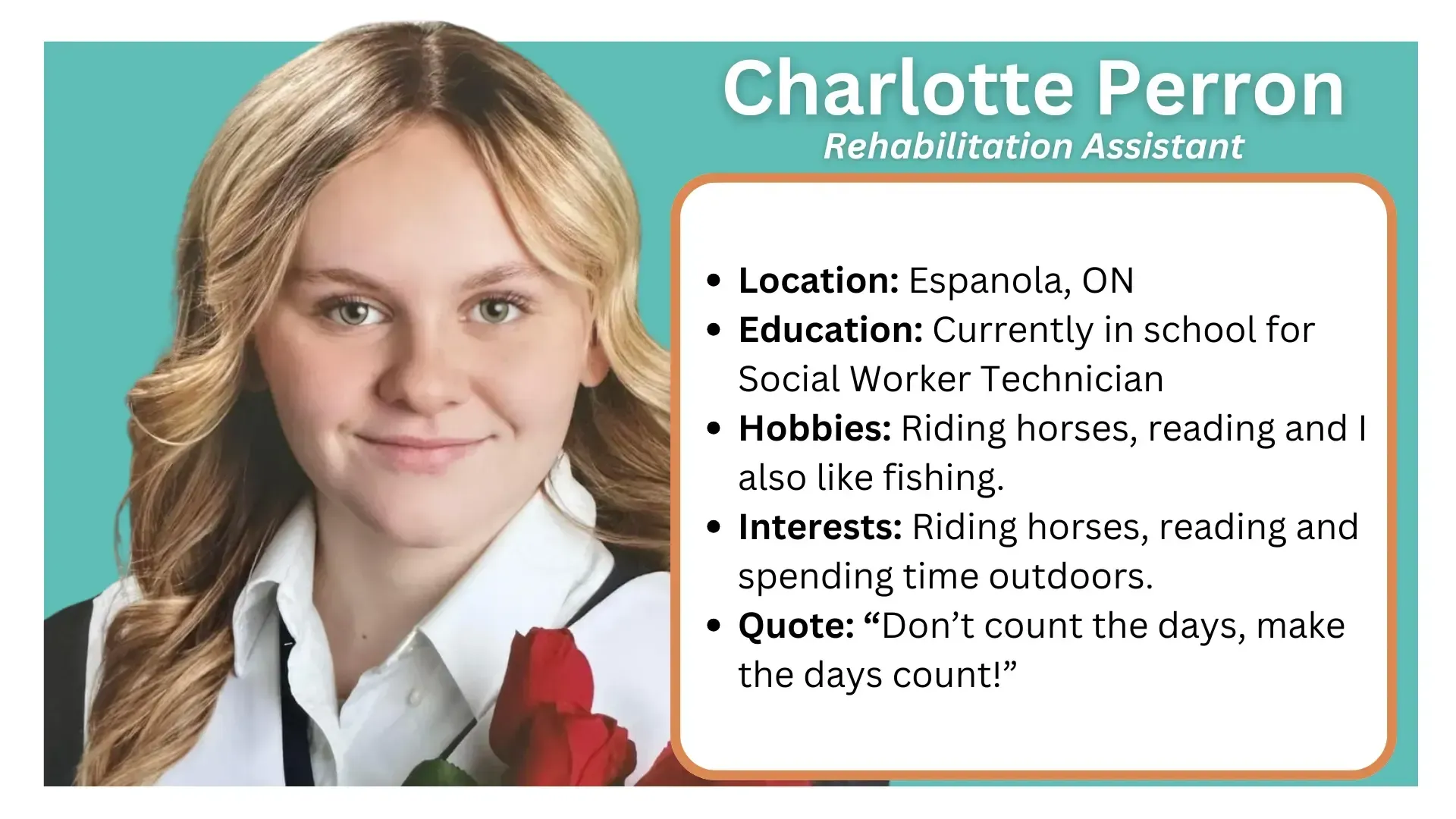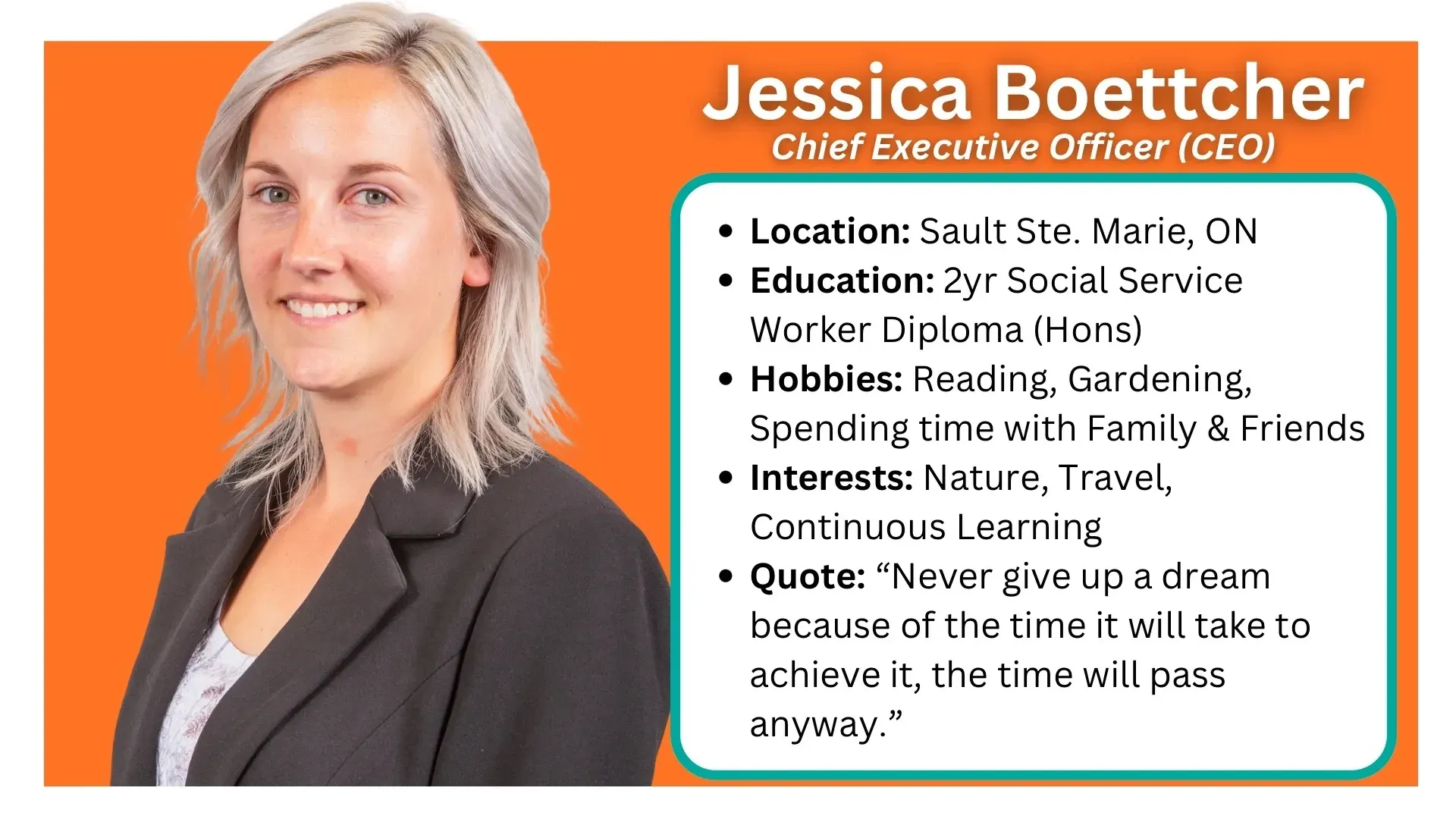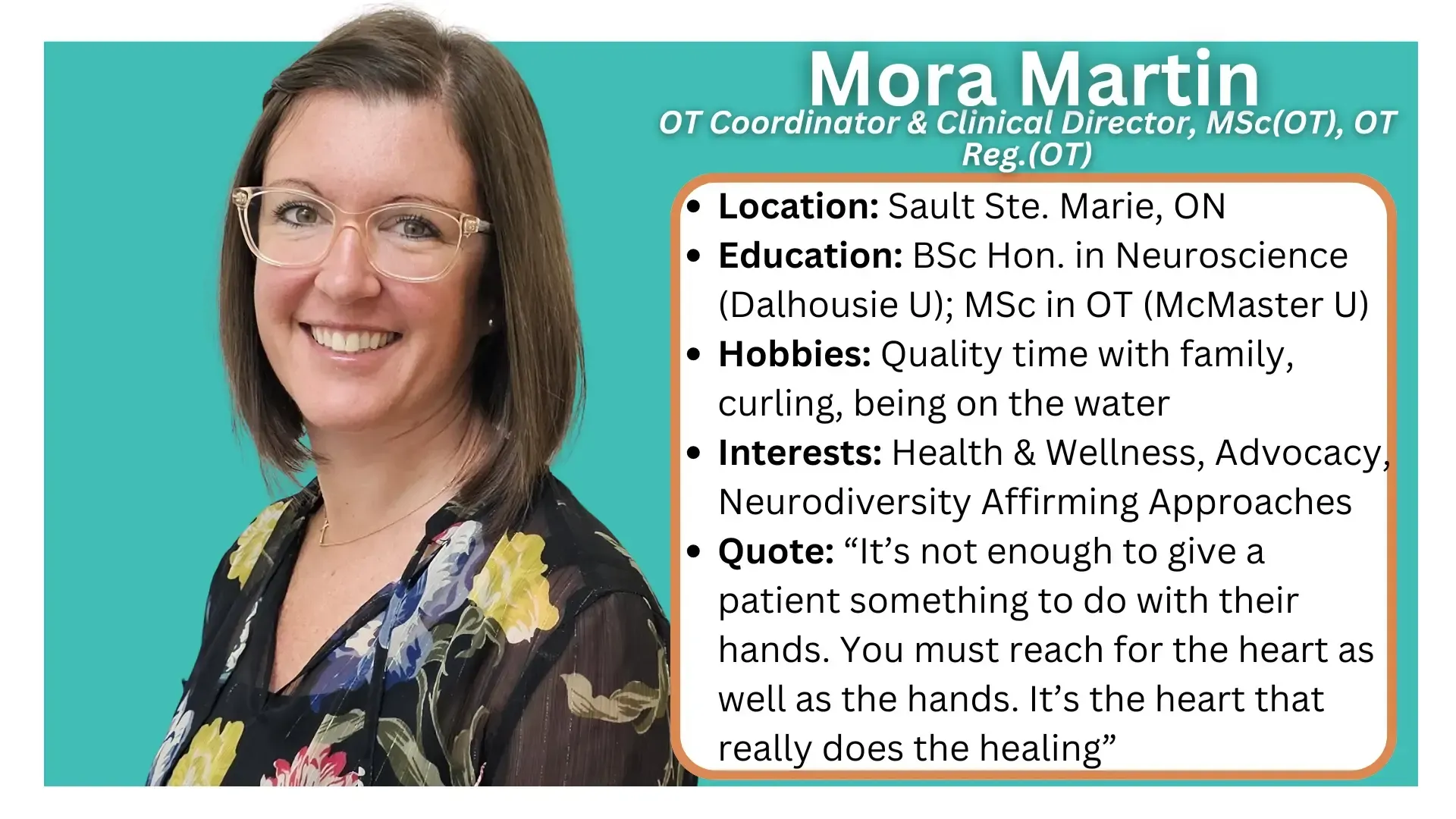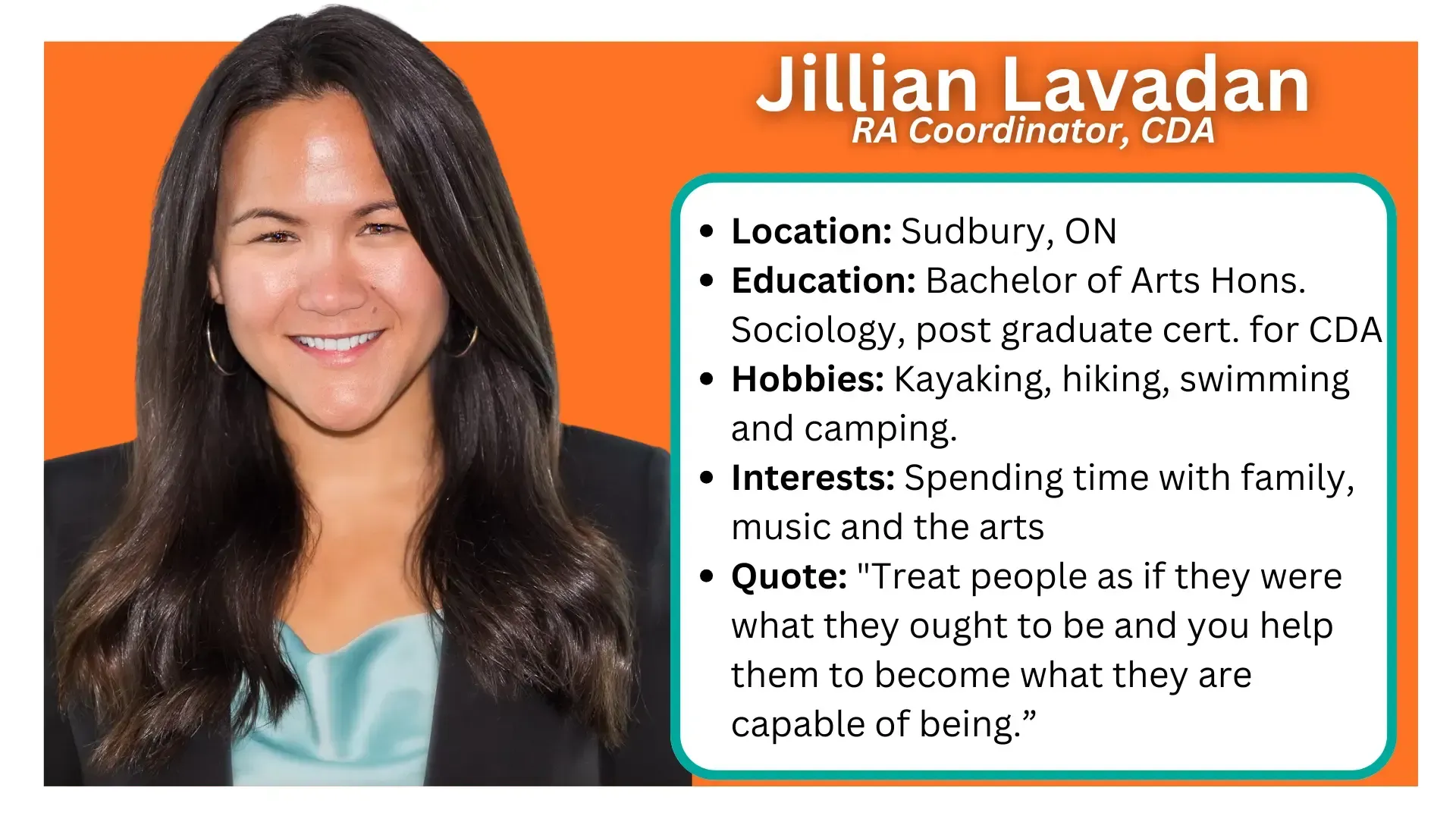Spark your best life!
Spark Rehabilitation is here to support adults and children across Northeastern Ontario, from Sault Ste. Marie to Sudbury and all points in between.
Our dedicated team of rehabilitation professionals are passionate about helping you achieve your goals, build a brighter future, and help you spark your best life through a variety of
services!
Our Leadership Team
Marty MacIntyre
Owner
Marty is the co-owner of Spark Rehabilitation, and as such is fully engaged in supporting our clients and providers. Marty’s strong background in business provides an excellent foundation for the organization. He has been employed many years in business, both as a leader and owner.
His experience and understanding of business will ensure that Spark operates according to best business principles and works to ensure that the Spark Team Members and clients are fully satisfied with the professionalism and care Spark exhibits toward all.
Alana MacIntyre
Owner,
Clinical Director, and
SLP Coordinator.
M.Sc.(a), B.A., CCC, Reg. CASLPO, C-Cat (FO)
Alana is a qualified Speech Language Pathologist registered with the College of Audiologists and Speech Language Pathologists of Ontario (CASLPO).
She has 30+ years of experience working with clients in the acute, rehabilitation and home setting. She is the owner of InSight Rehabilitation and Clinical Educator in Spark. InSight Rehabilitation specializes in assessing and treating individuals who have suffered both catastrophic and non-catastrophic injuries, including acquired brain injuries, and cognitive communication difficulties.
She was the Best Practice Consultant for Speech Language Pathologists for the North East Ontario Heart and Stroke Network for 10 years. Alana is a progressive Speech Language Pathologist who recognizes the need for better Rehabilitation Support Worker care in Northeastern Ontario. Alana is highly sought by insurance companies, therapists and private clients as an expert in cognitive communication disorders.
OCCUPATIONAL THERAPY
Occupational Therapists help you regain independence by improving your ability to manage daily activities.
For more information
click here
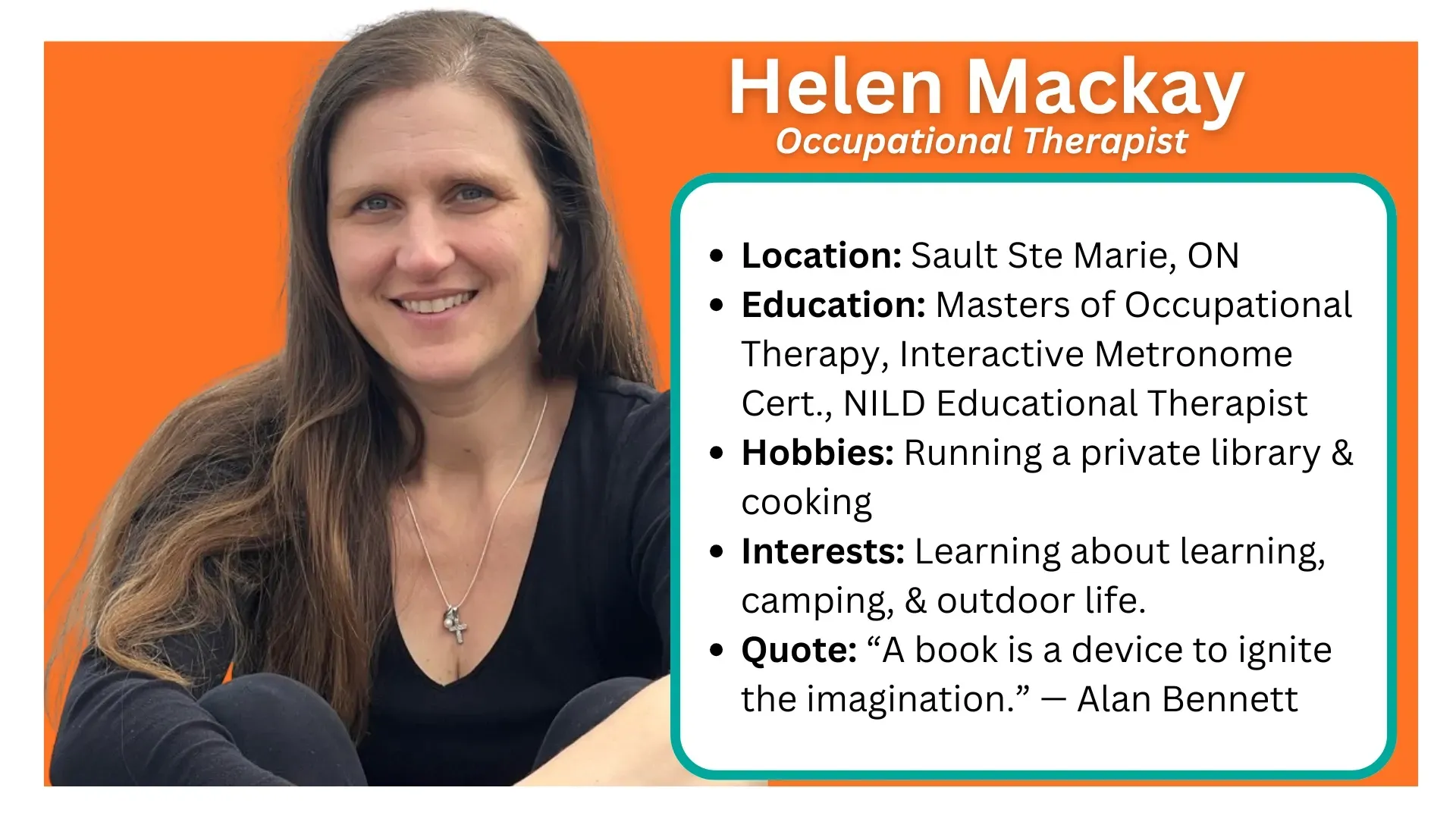
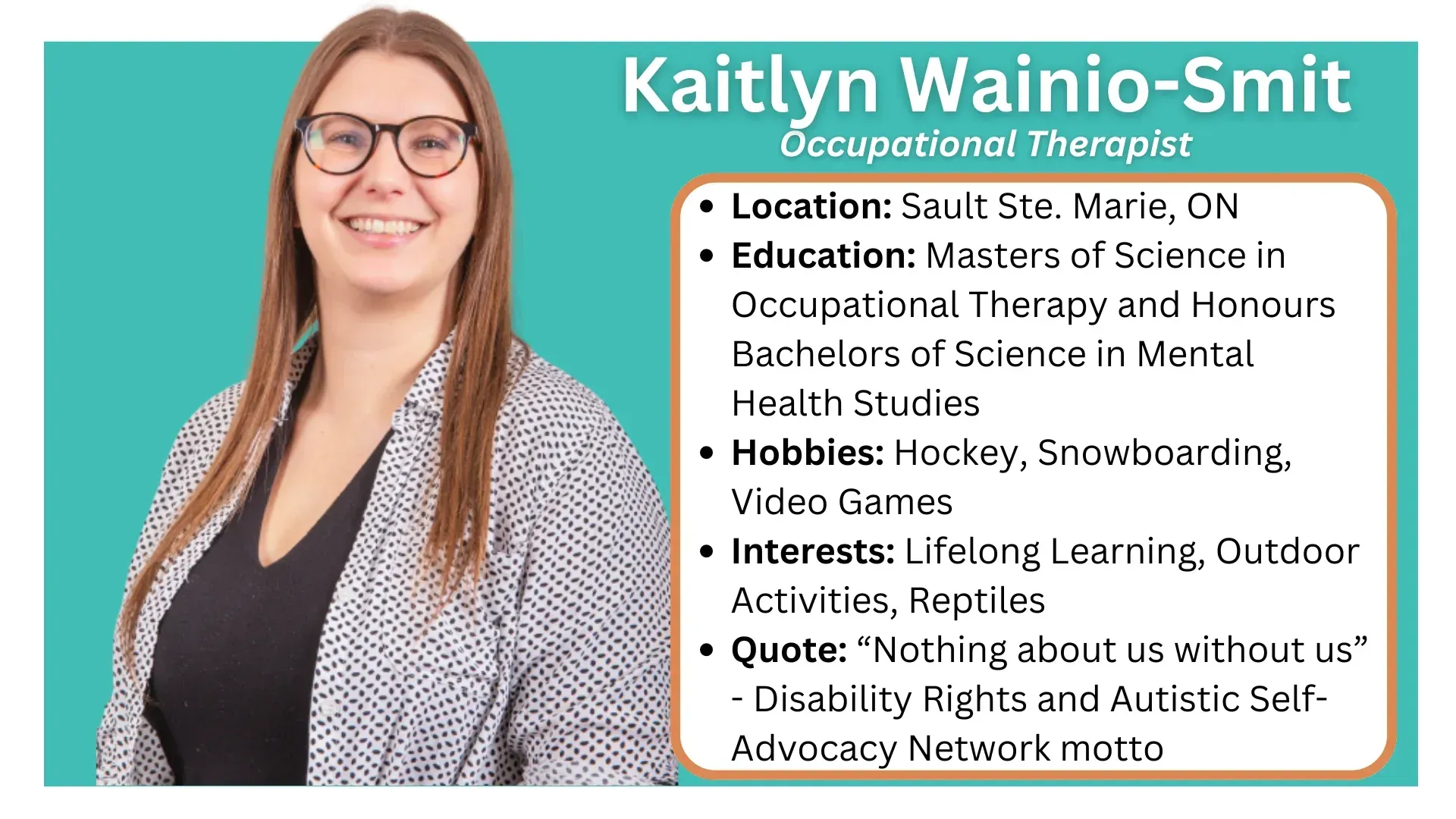
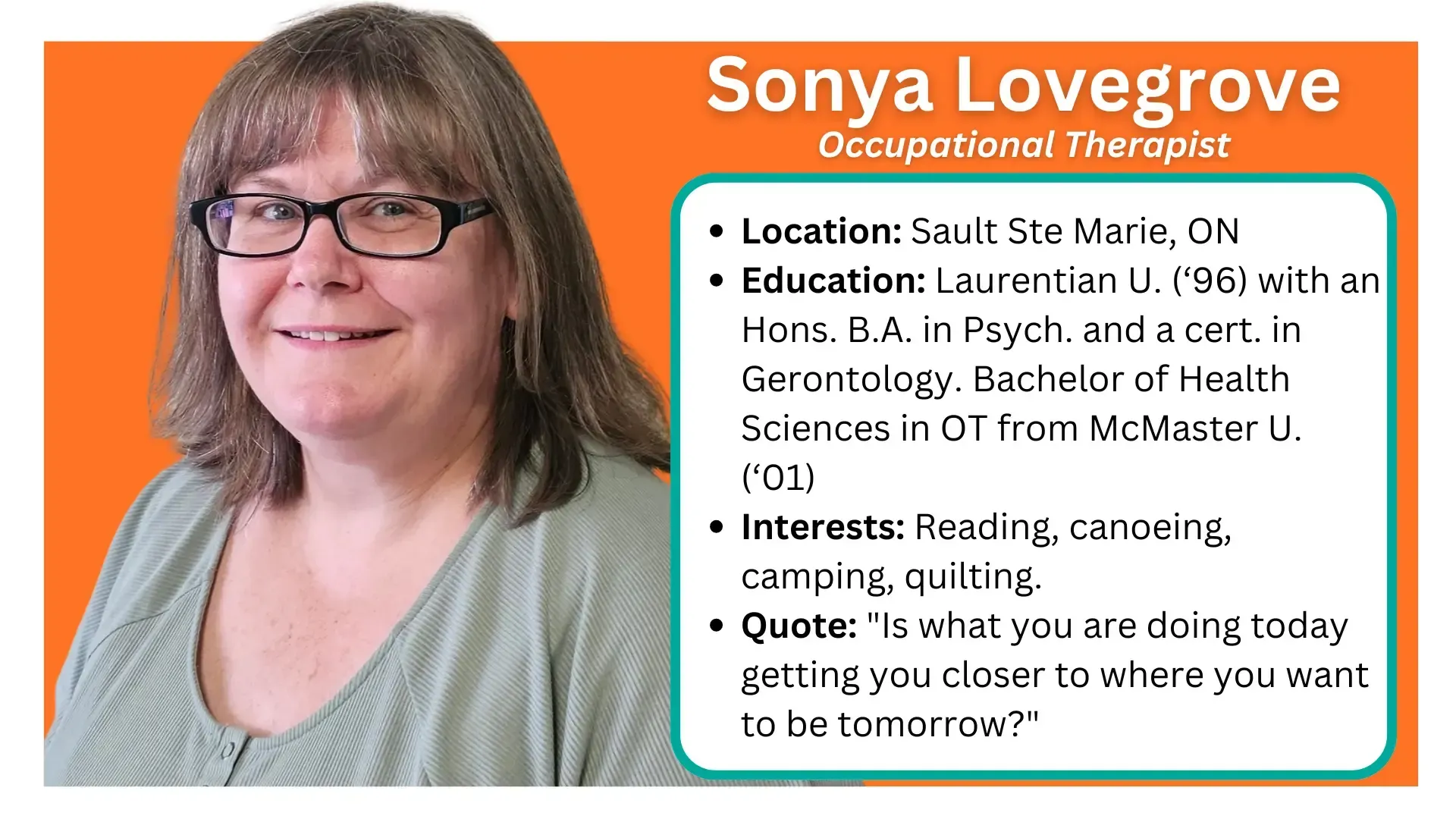
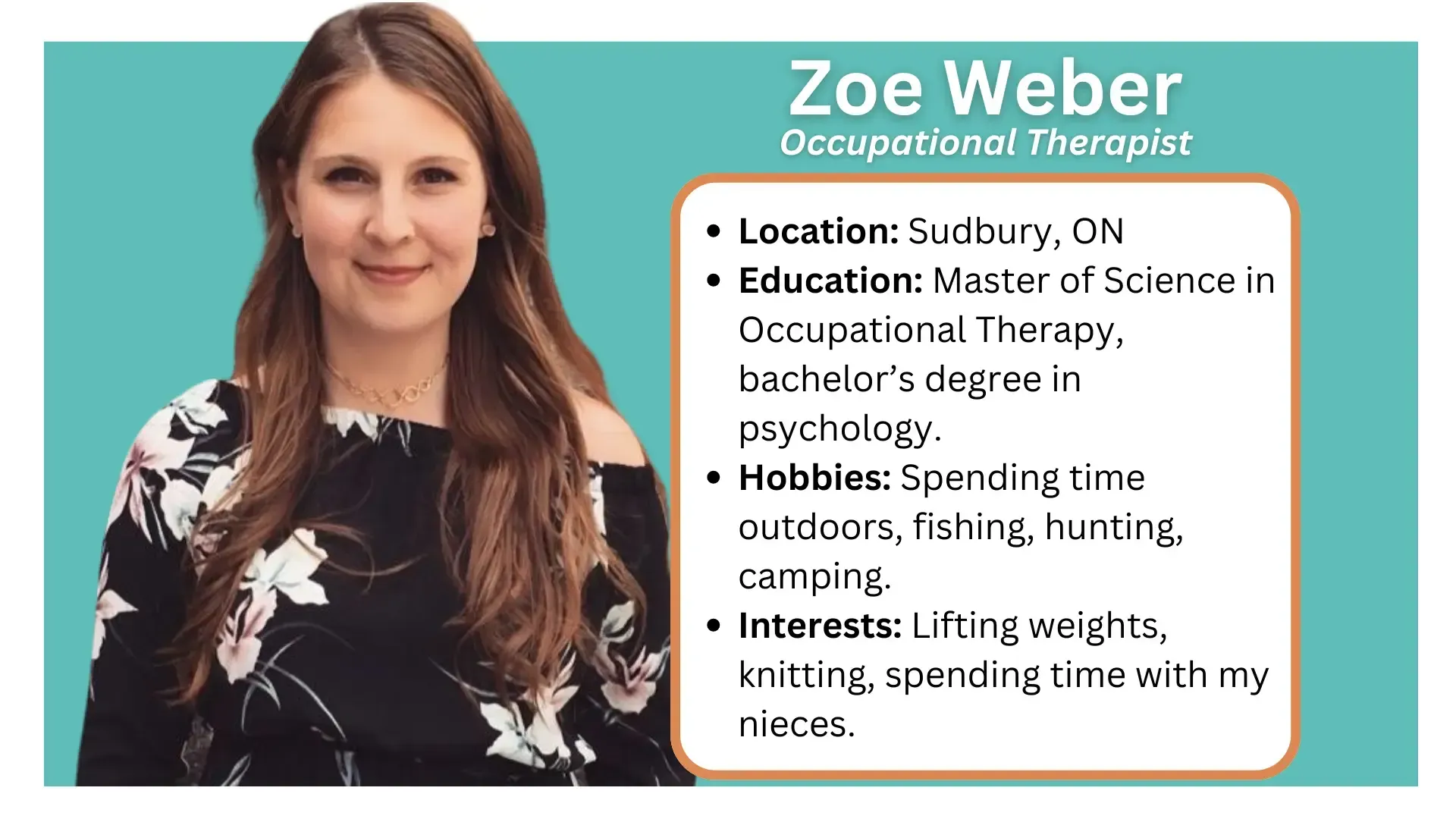
PHYSIOTHERAPY
Physiotherapists work with you to restore movement and improve your mobility and function.
For more information
click here
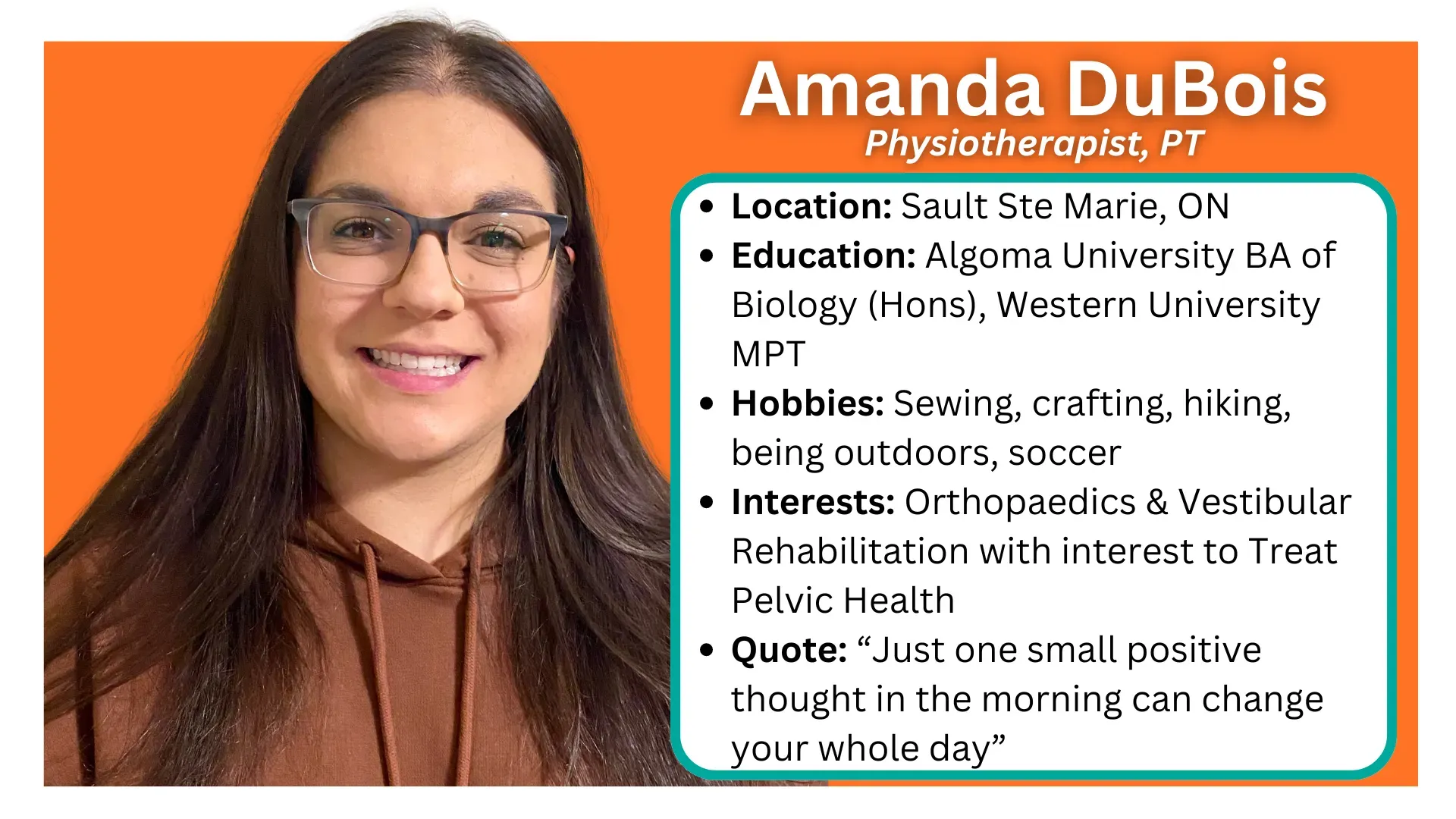
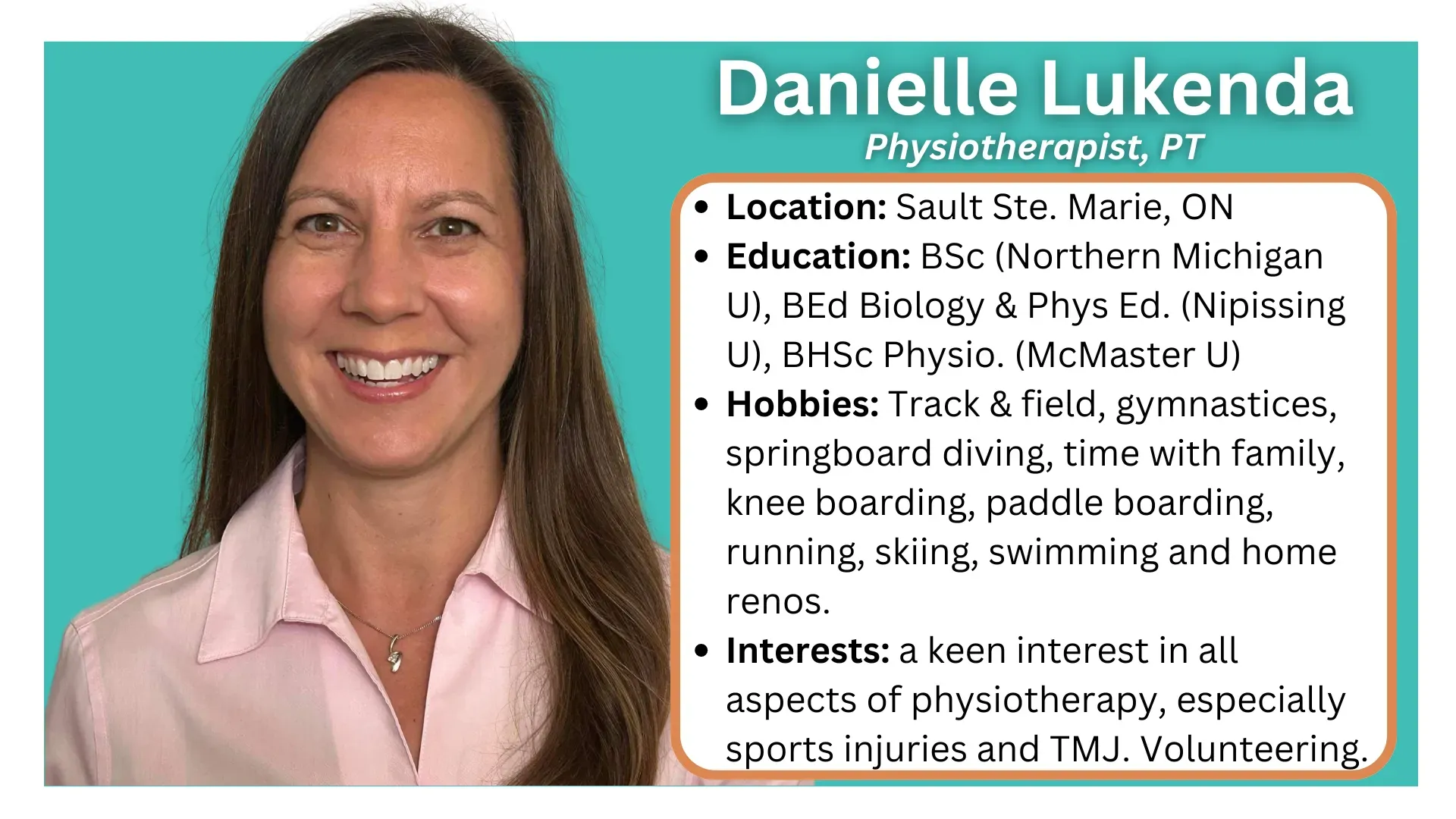
OCCUPATIONAL THERAPY AND PHYSIOTHERAPY ASSISTANTS
Therapy Assistants support OTs & PTs, helping you regain independence through daily activity skills, movement, and mobility.
For more information
click here
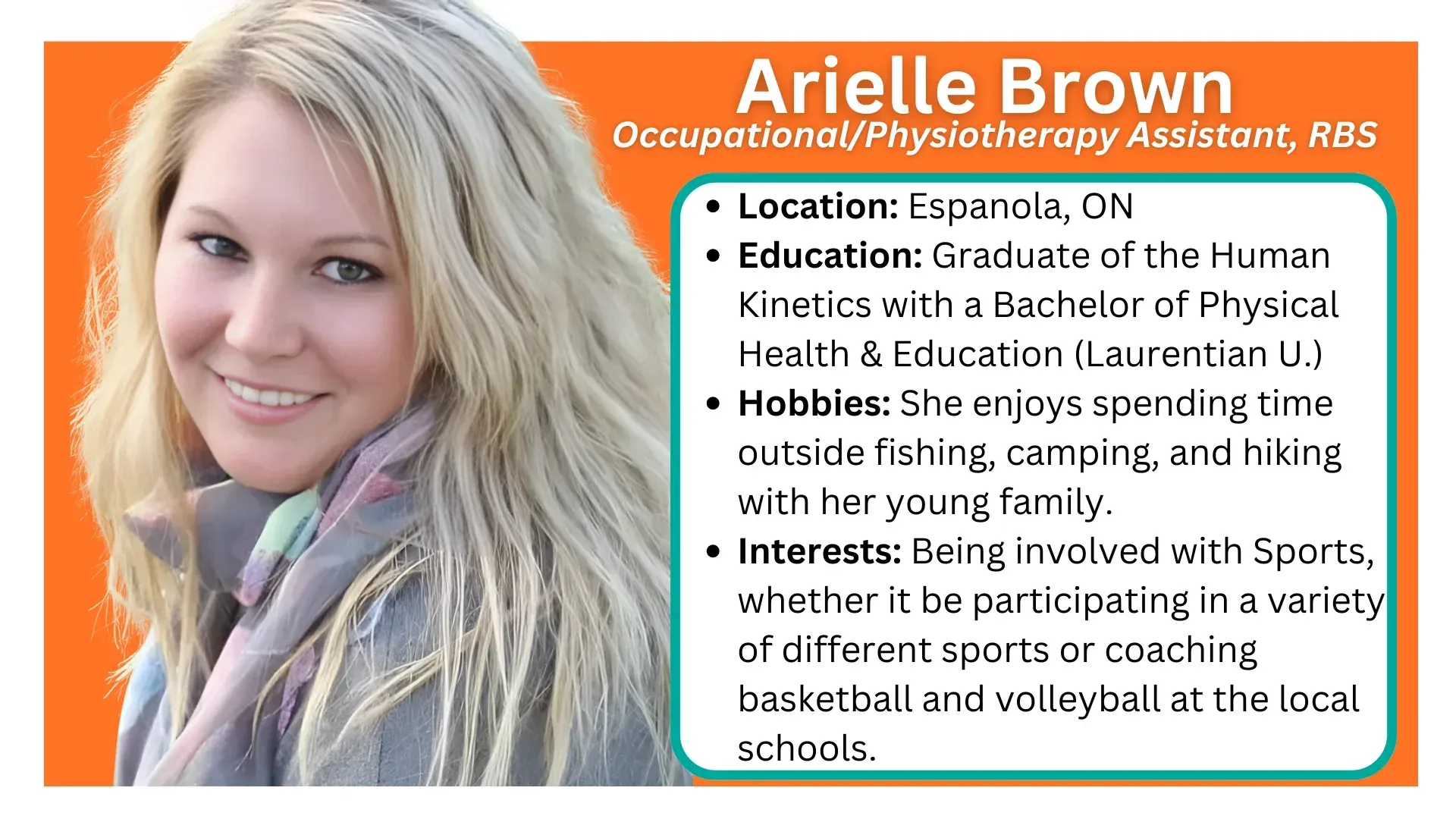
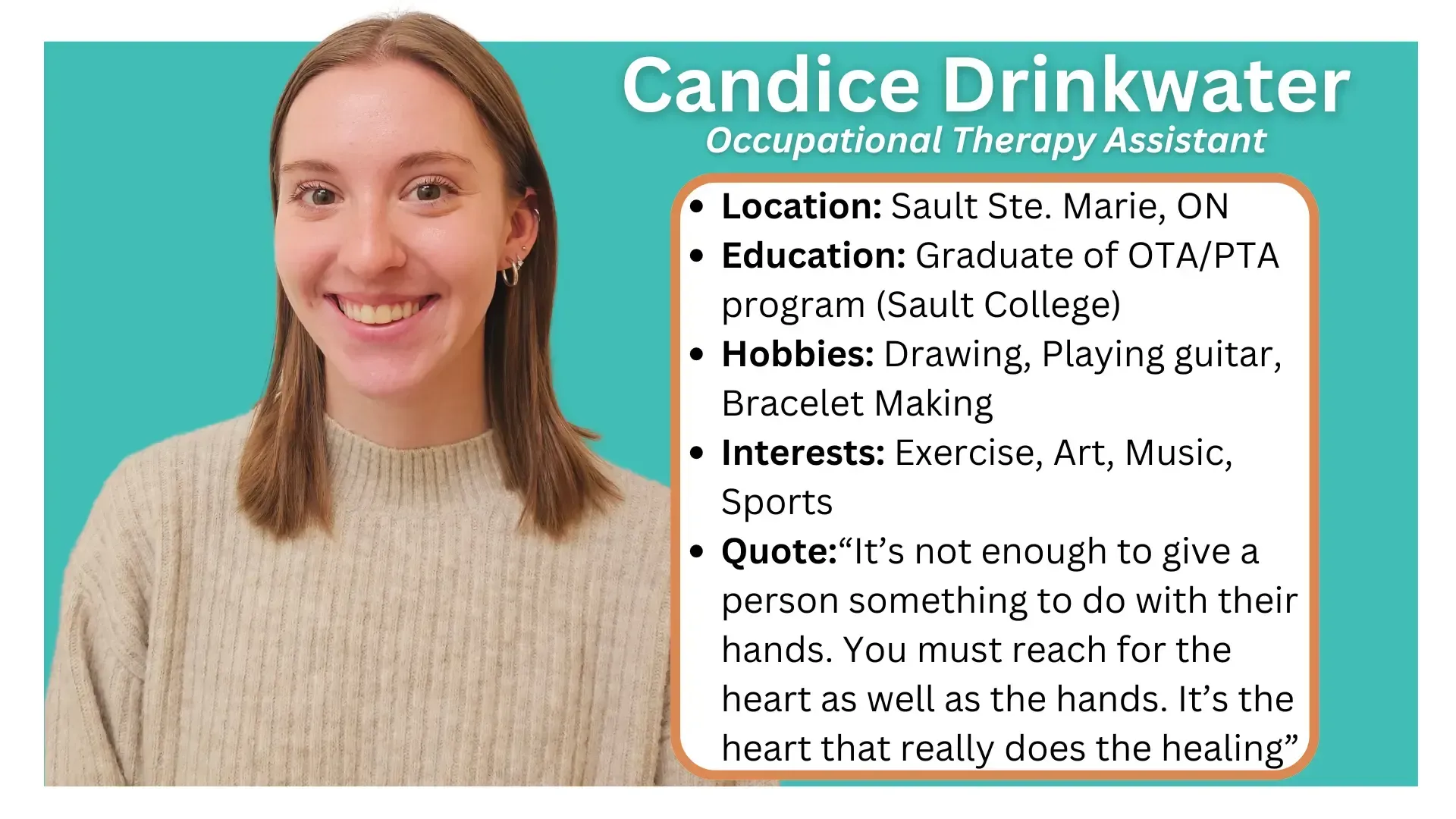
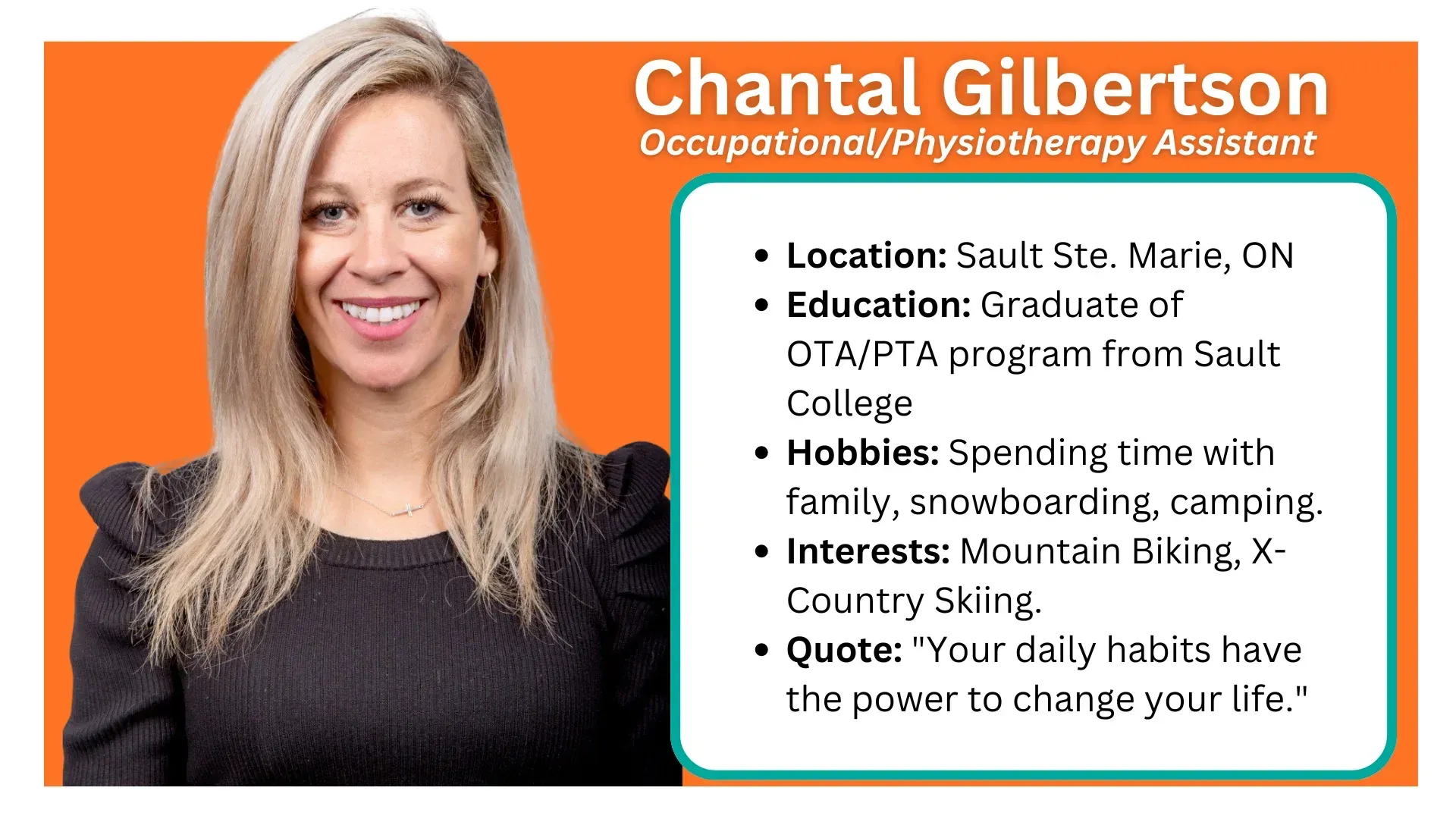
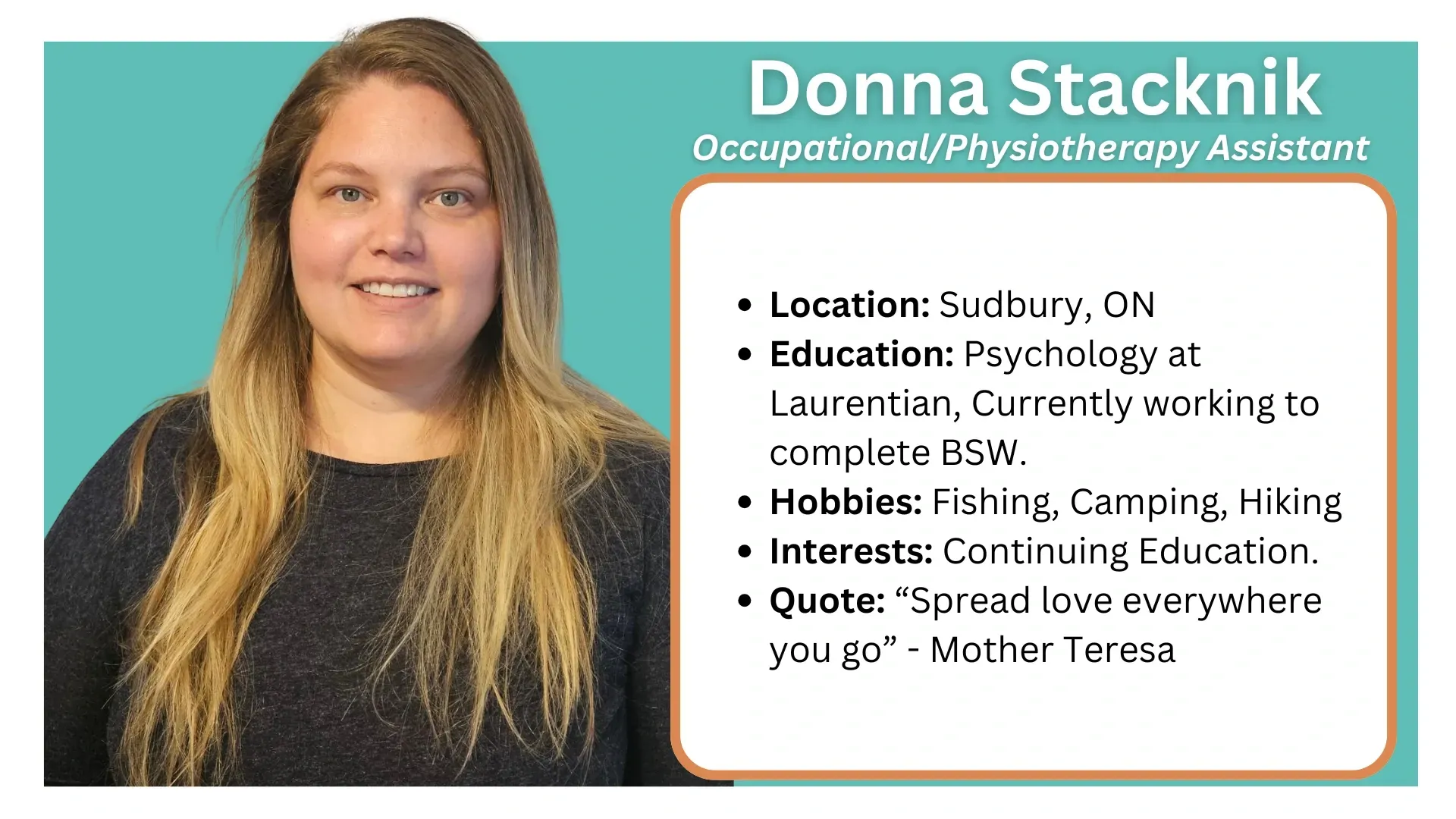
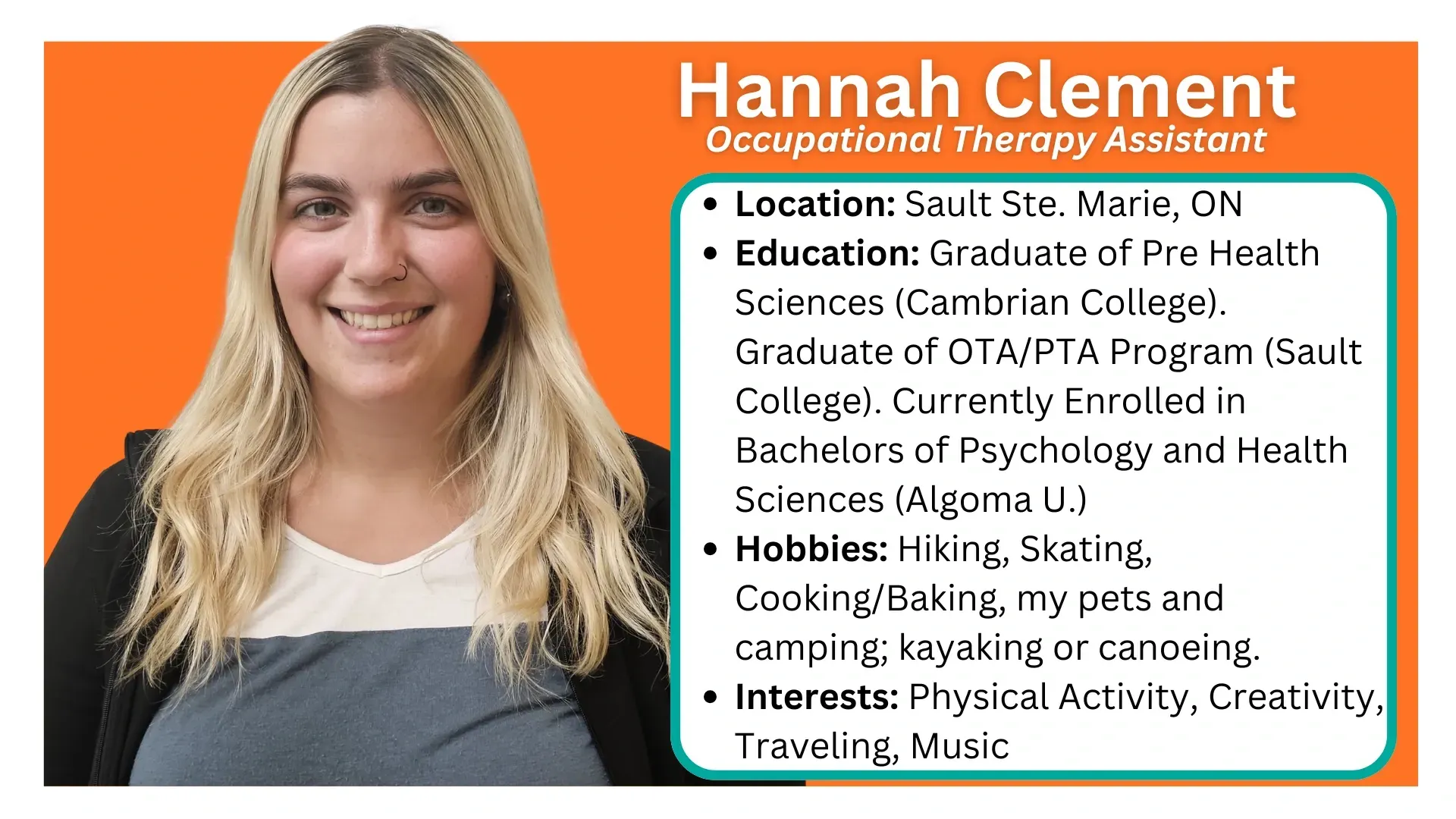
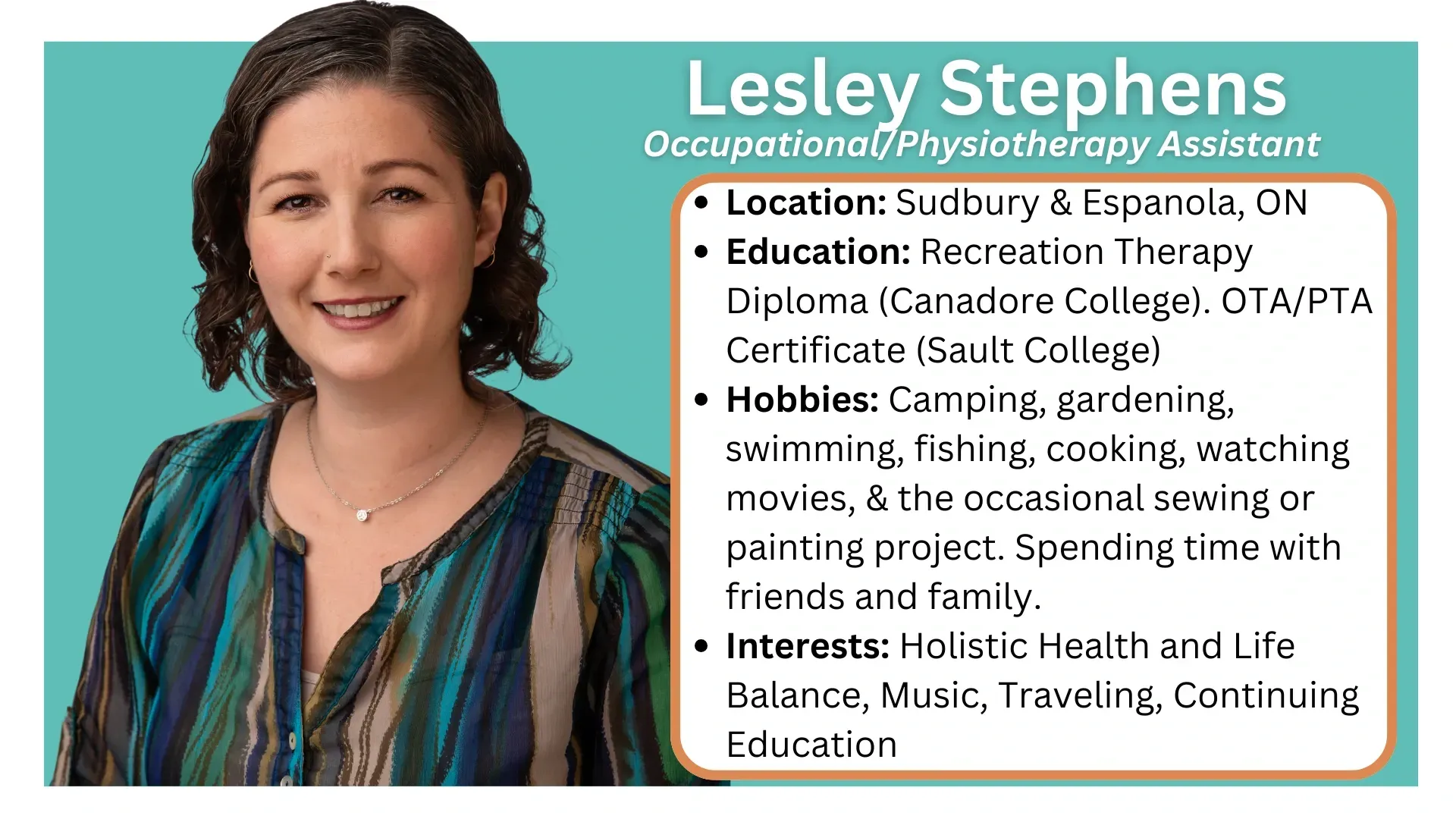
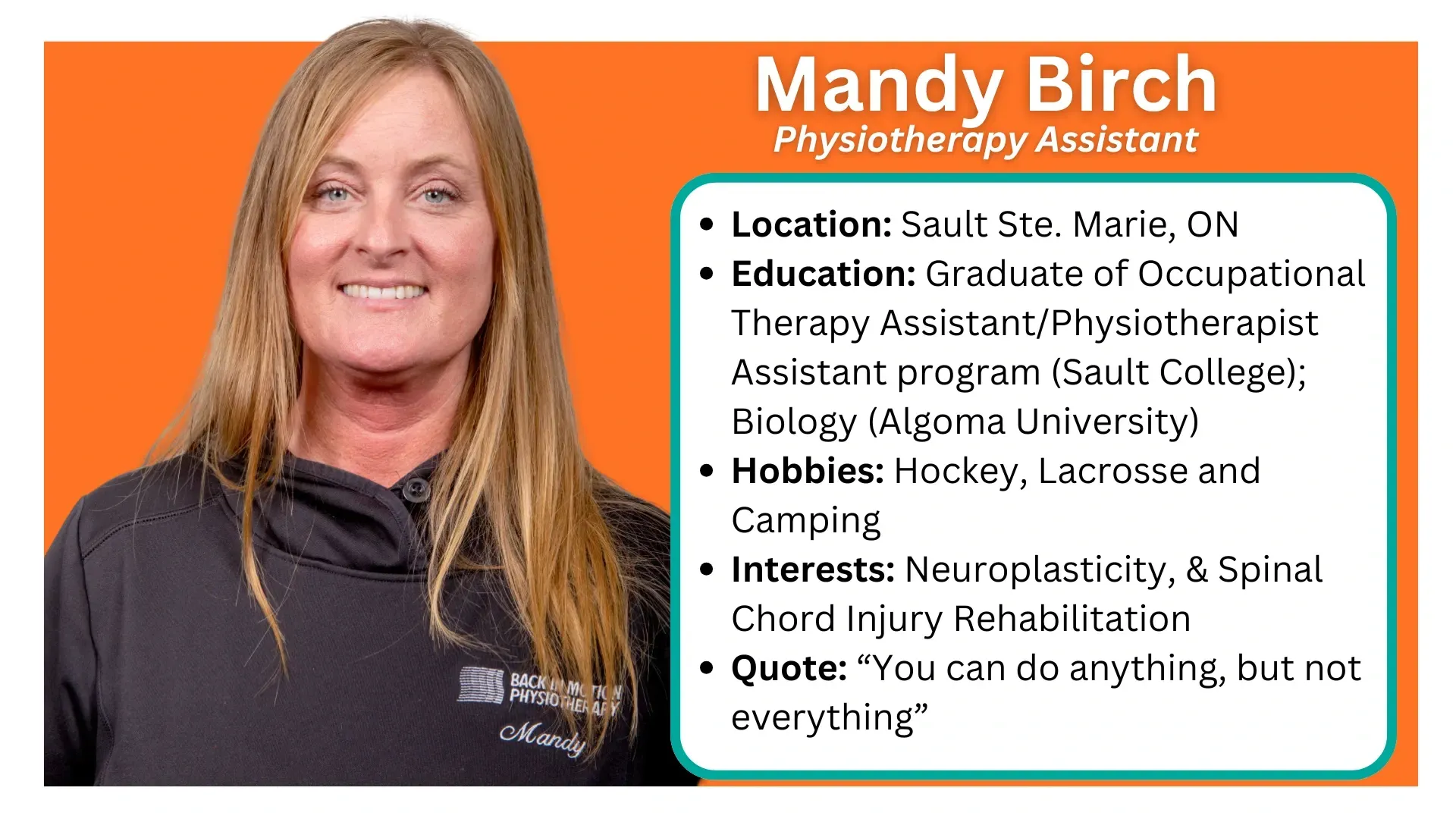
Kinesiology
Registered Kinesiologists design exercise programs to improve your movement, strength, and overall well-being.
For more information
click here
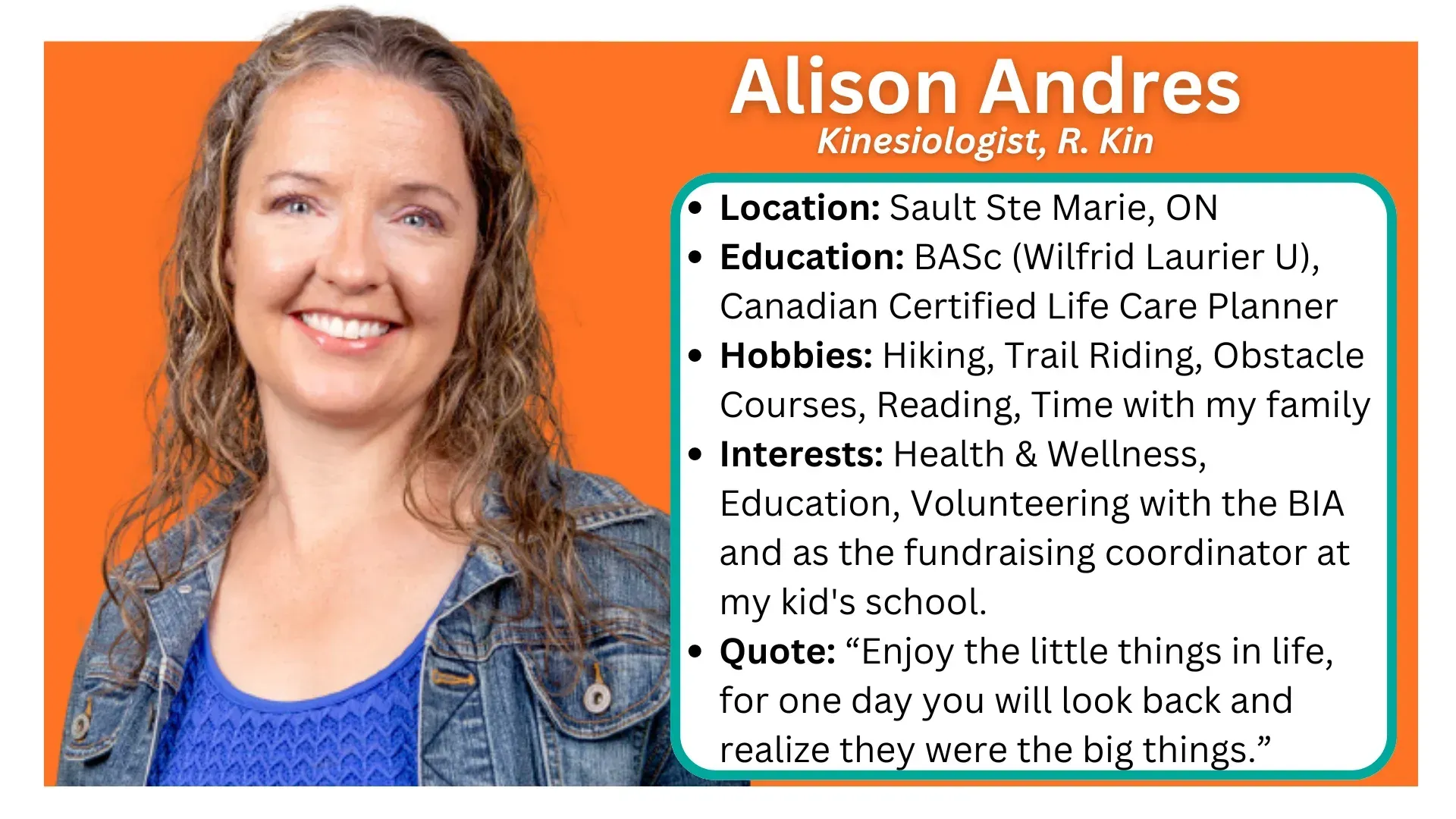
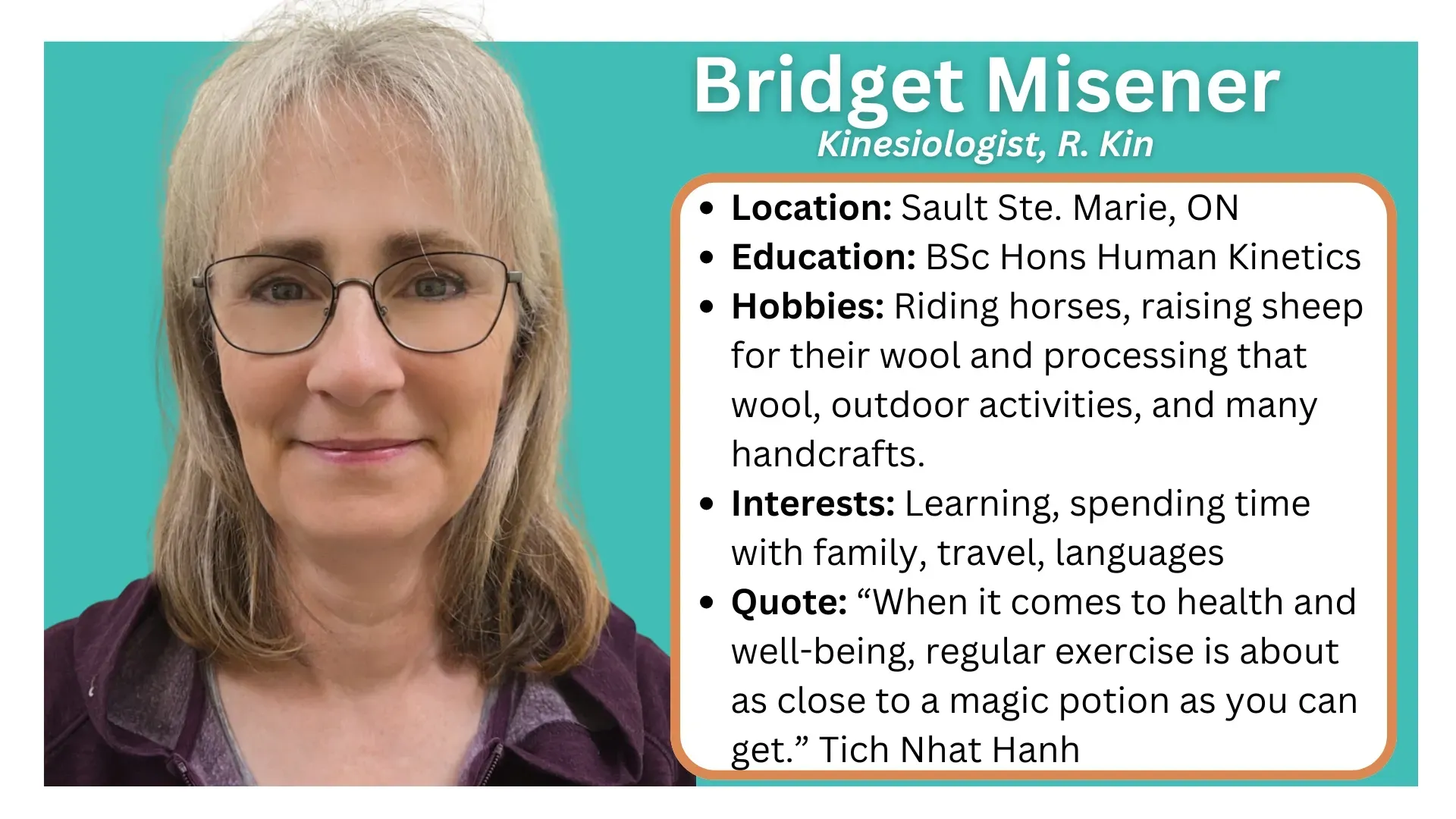
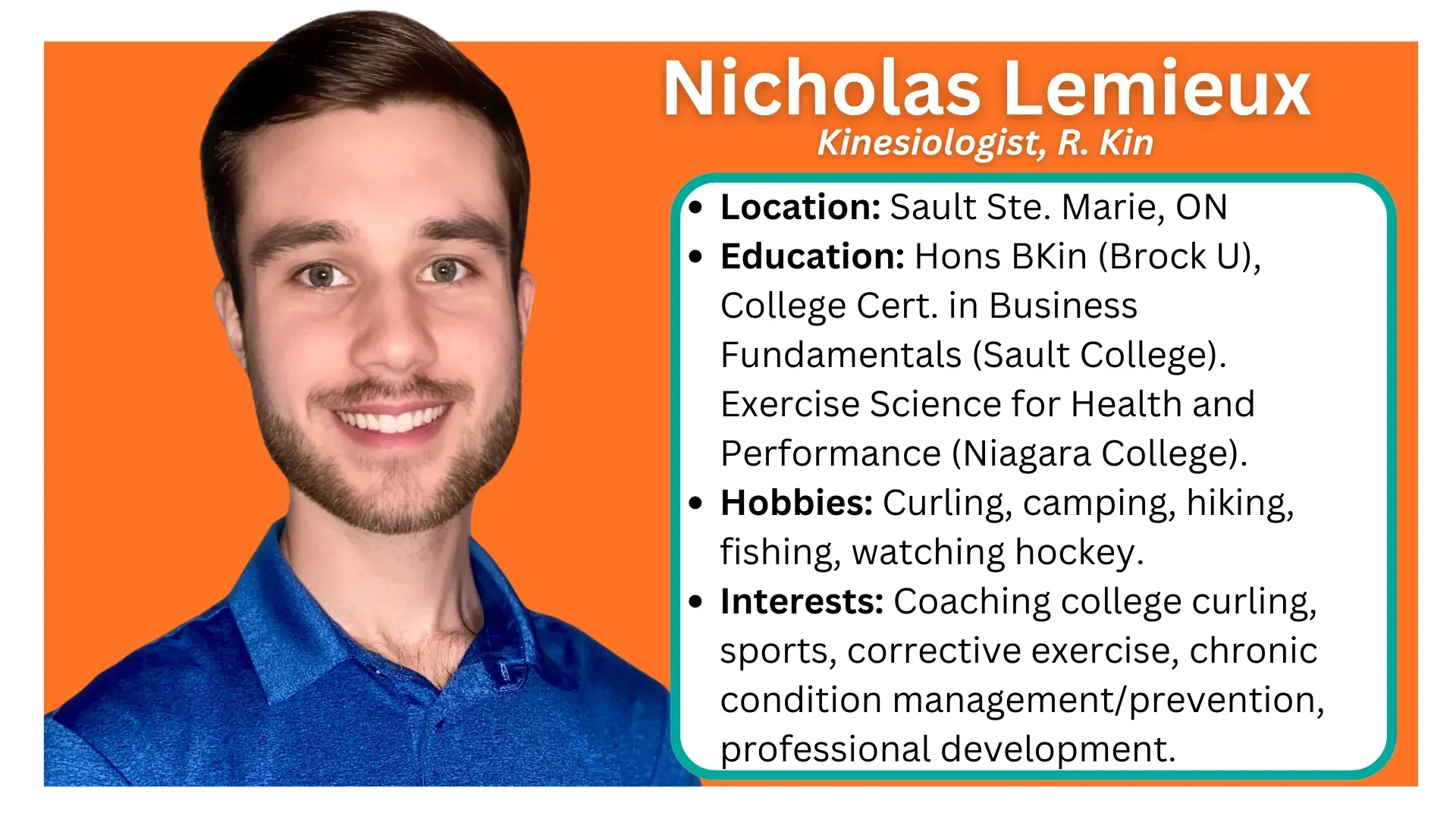
Speech and language supports
Speech Language Pathologists and Communication Disorders Assistants address speech, language, and communication difficulties.
For more information
click here
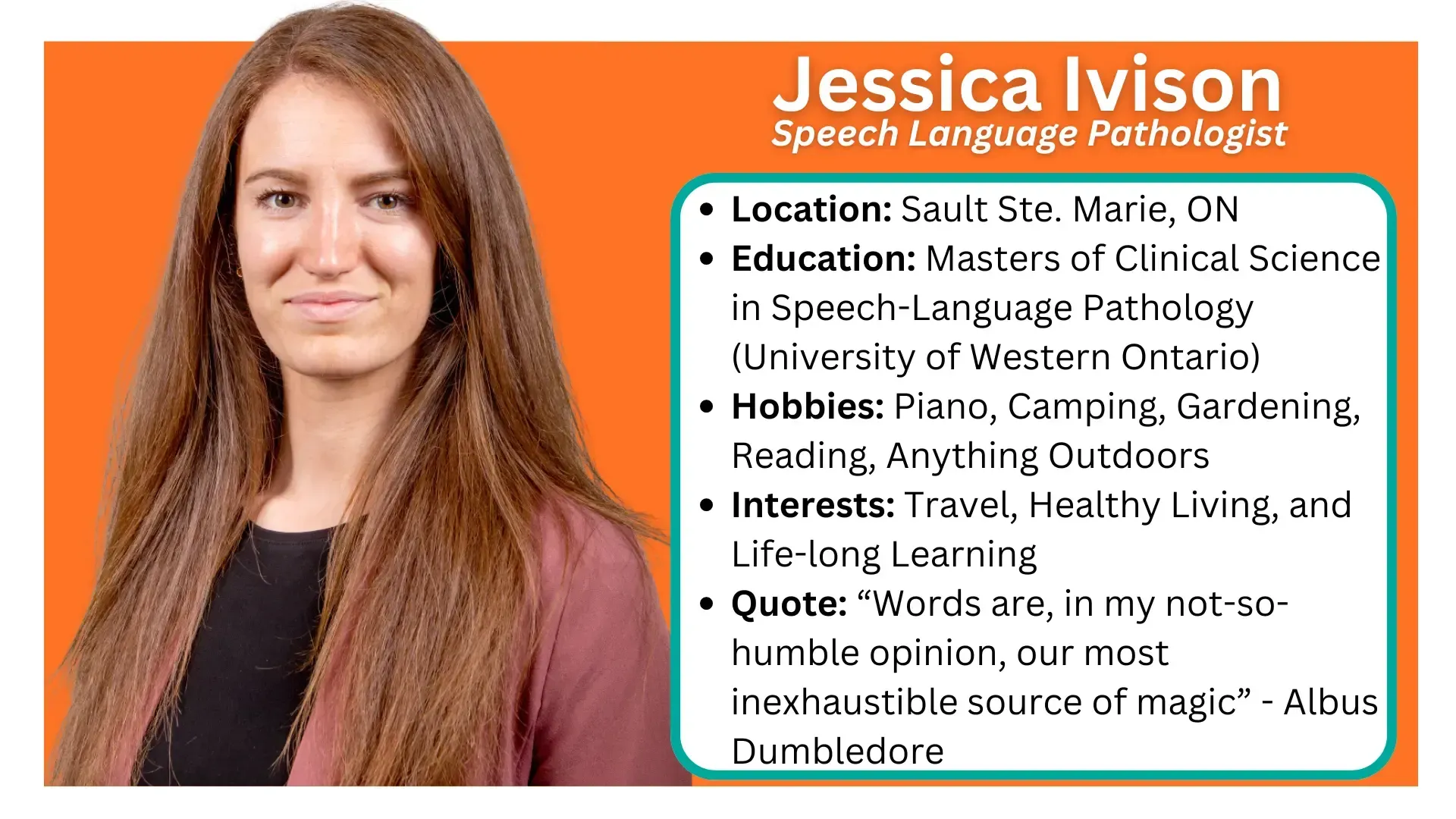
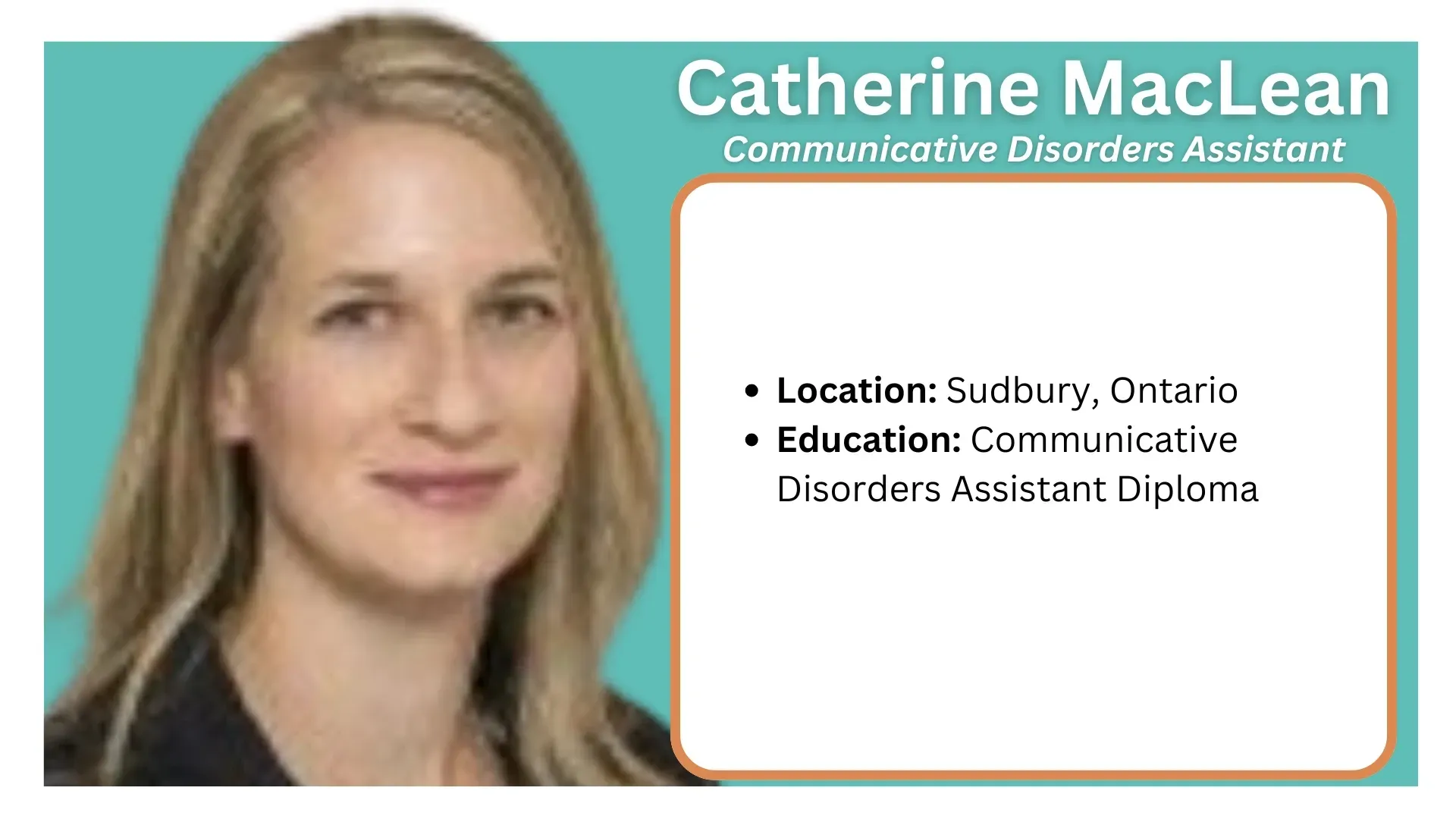
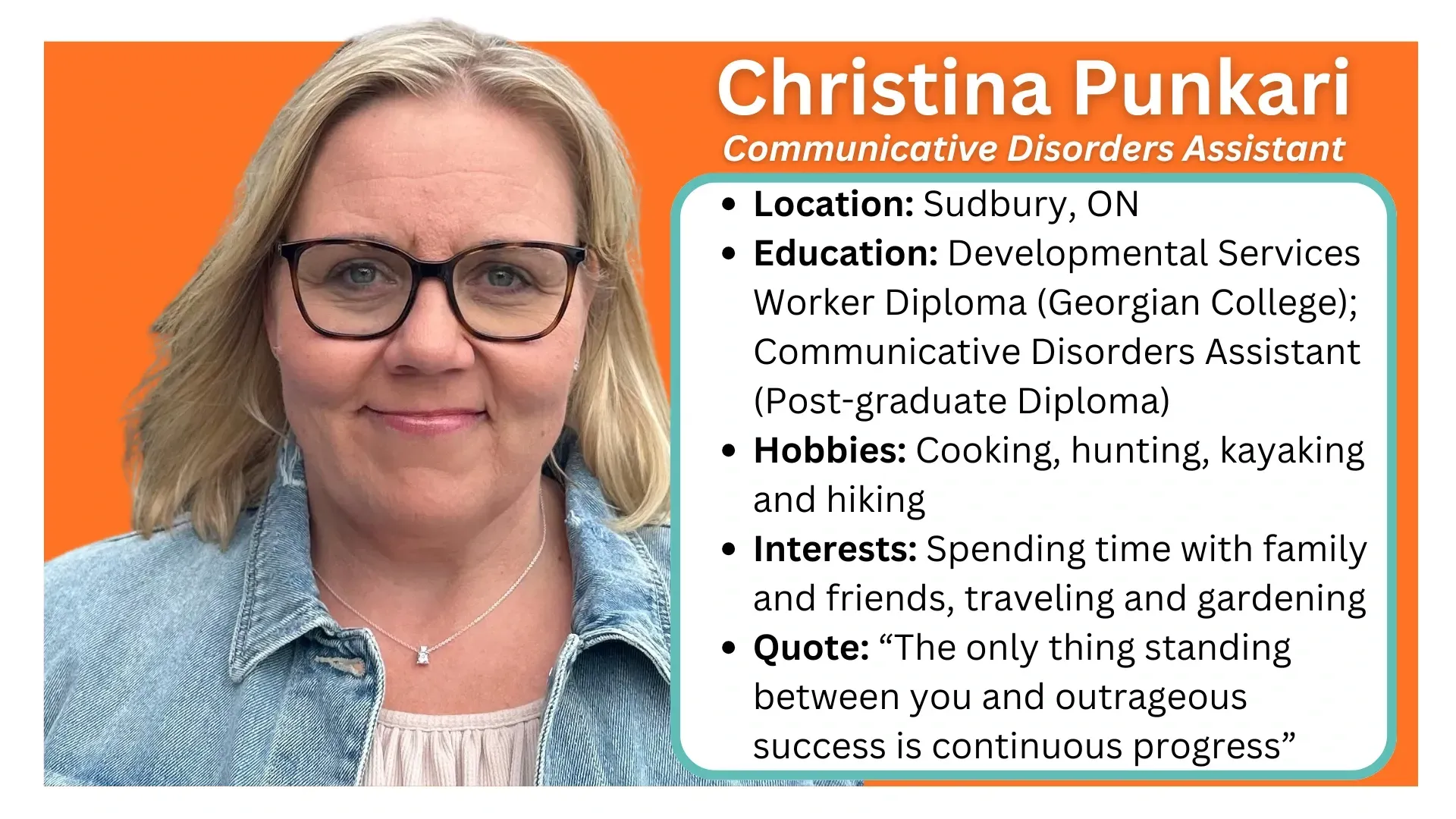
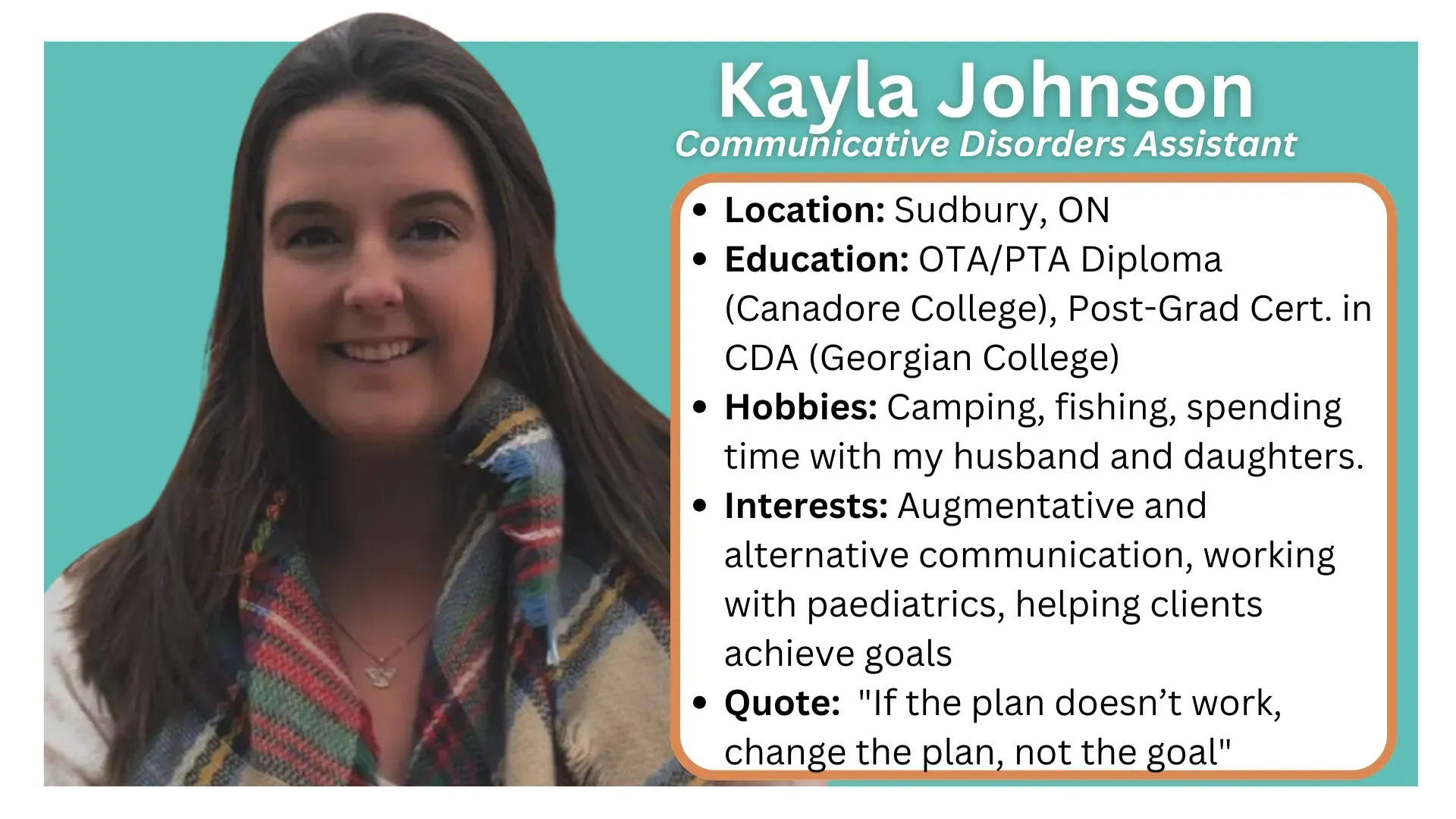
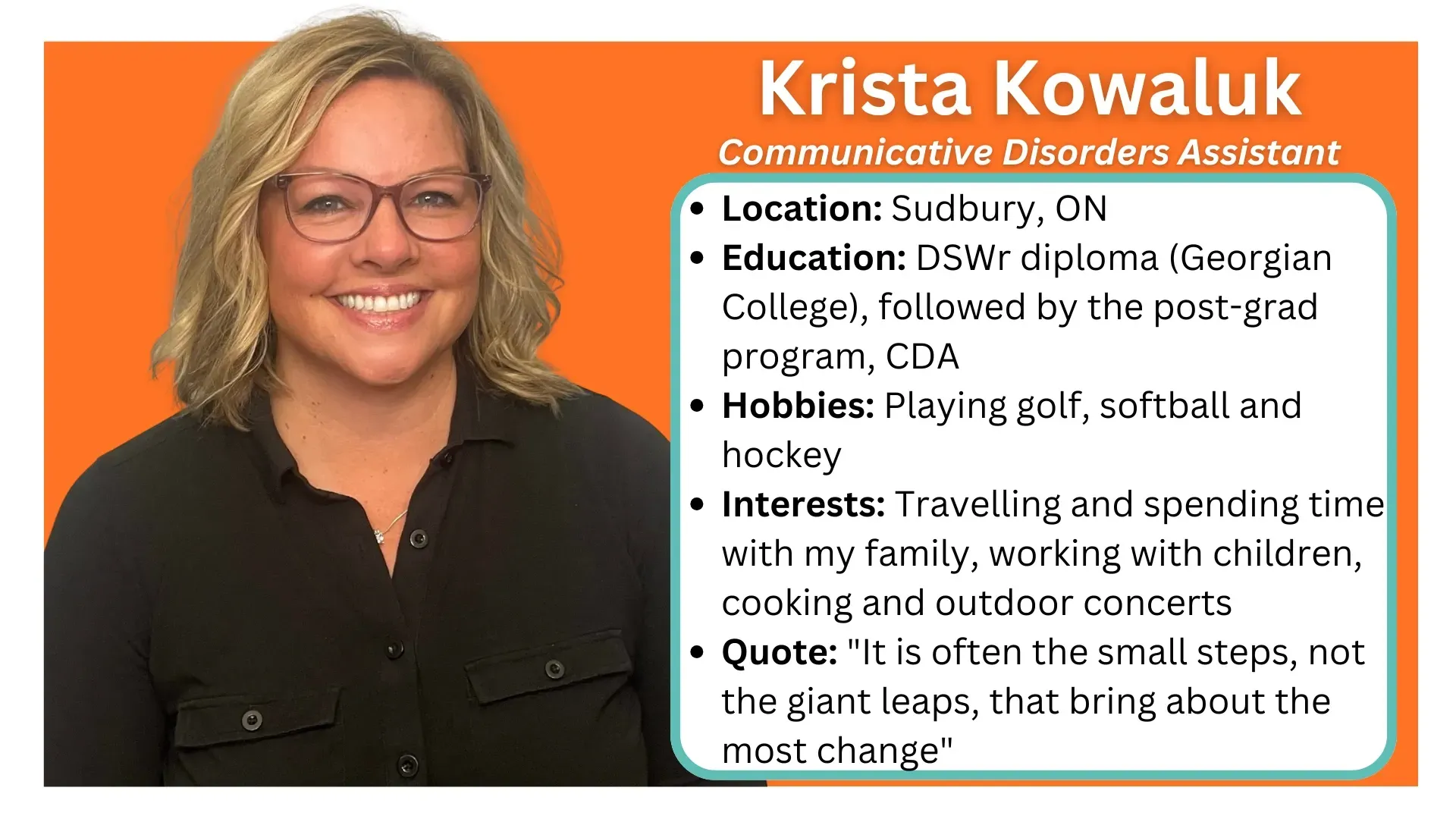
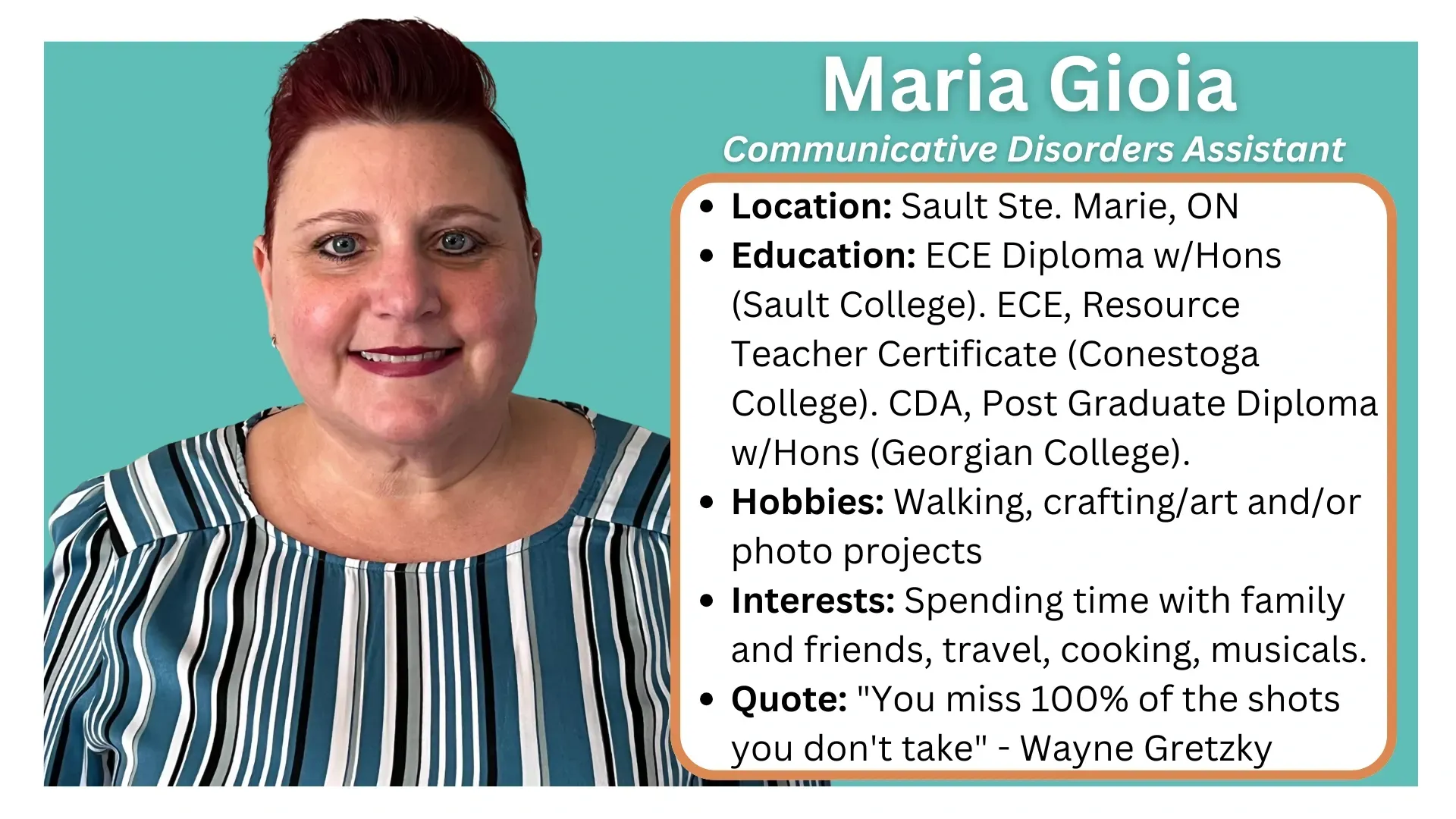
Mental Health Services
We offer support for mental health challenges through our Registered Social Workers.
For more information
click here
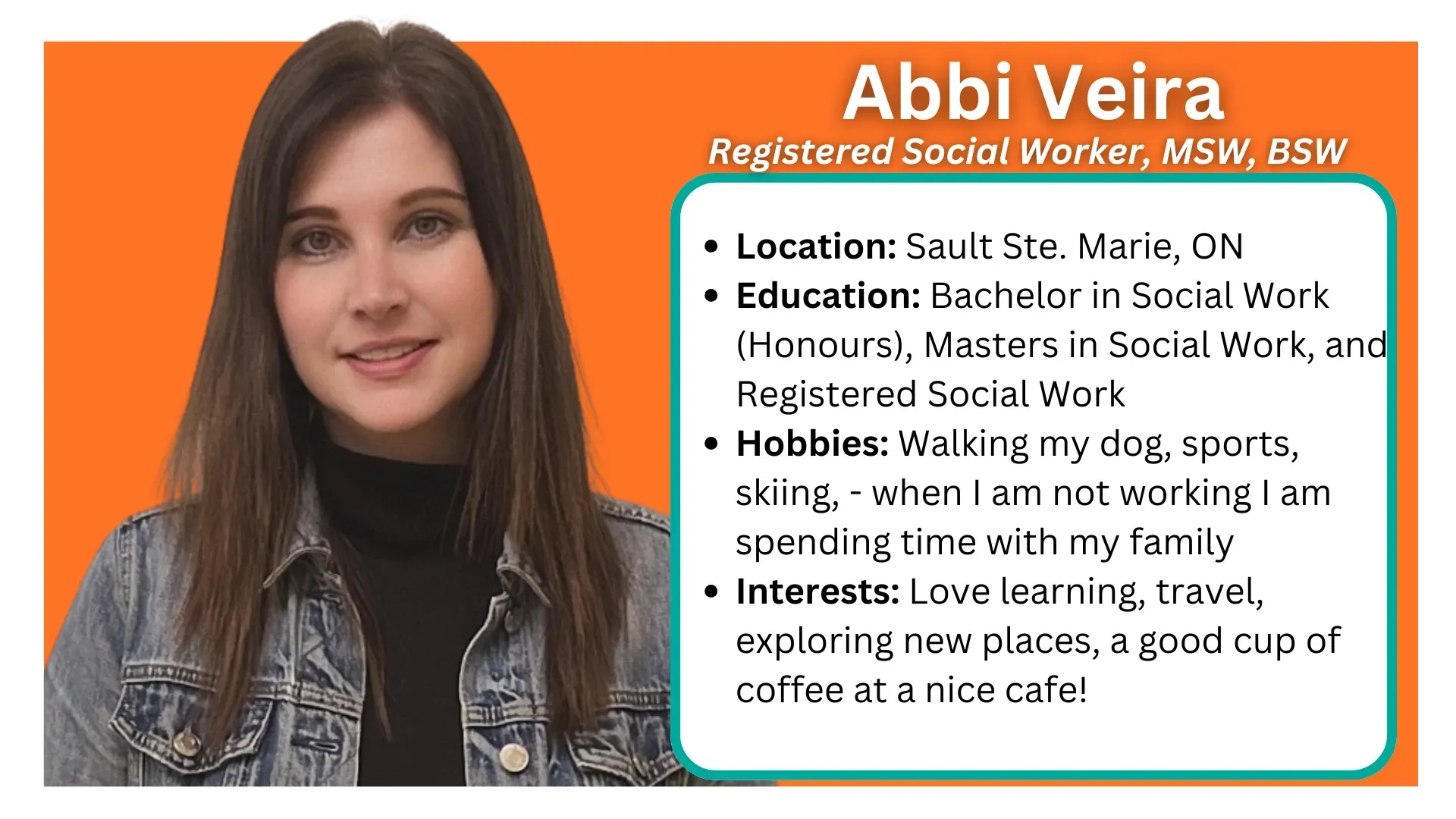
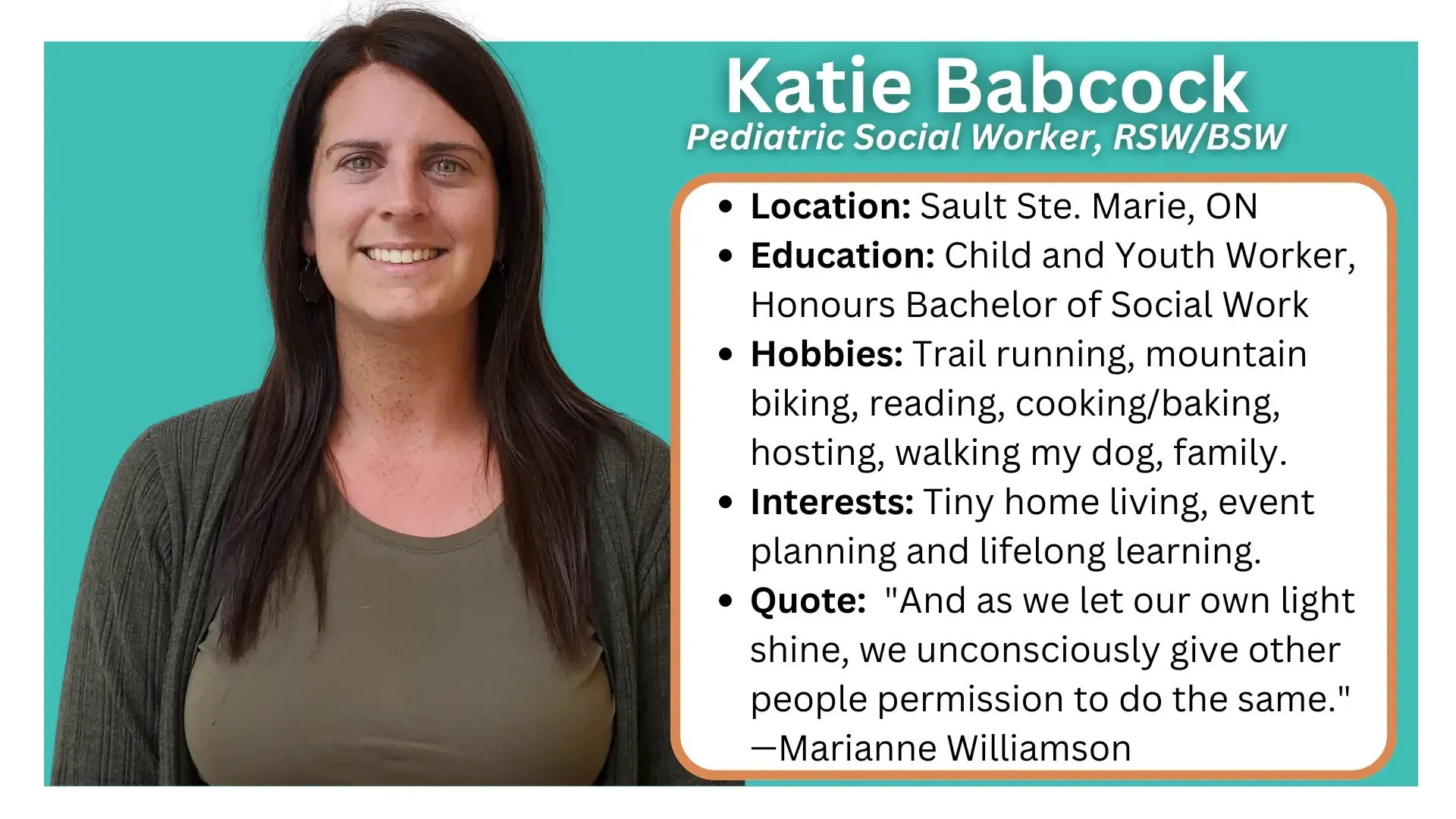
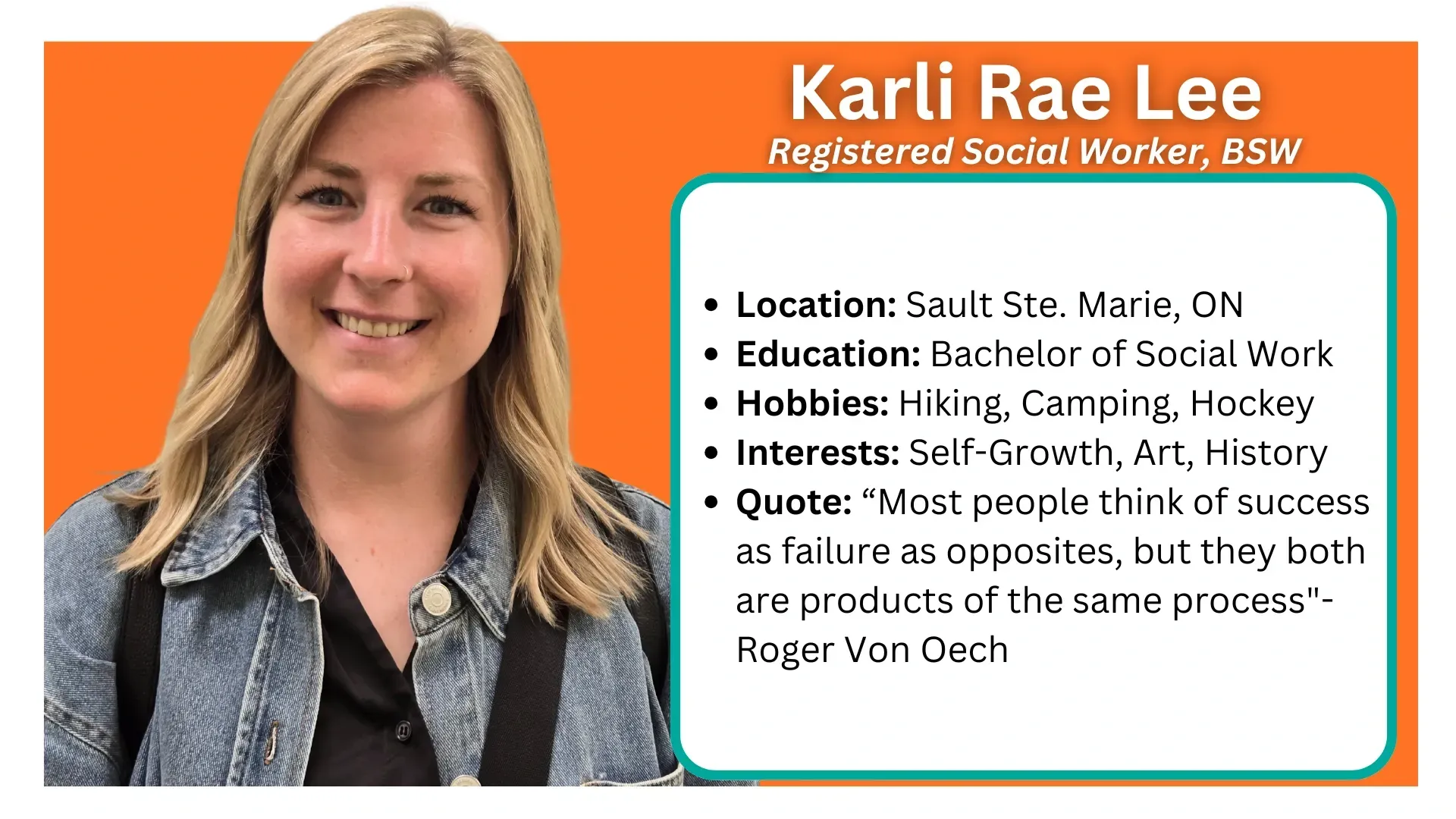
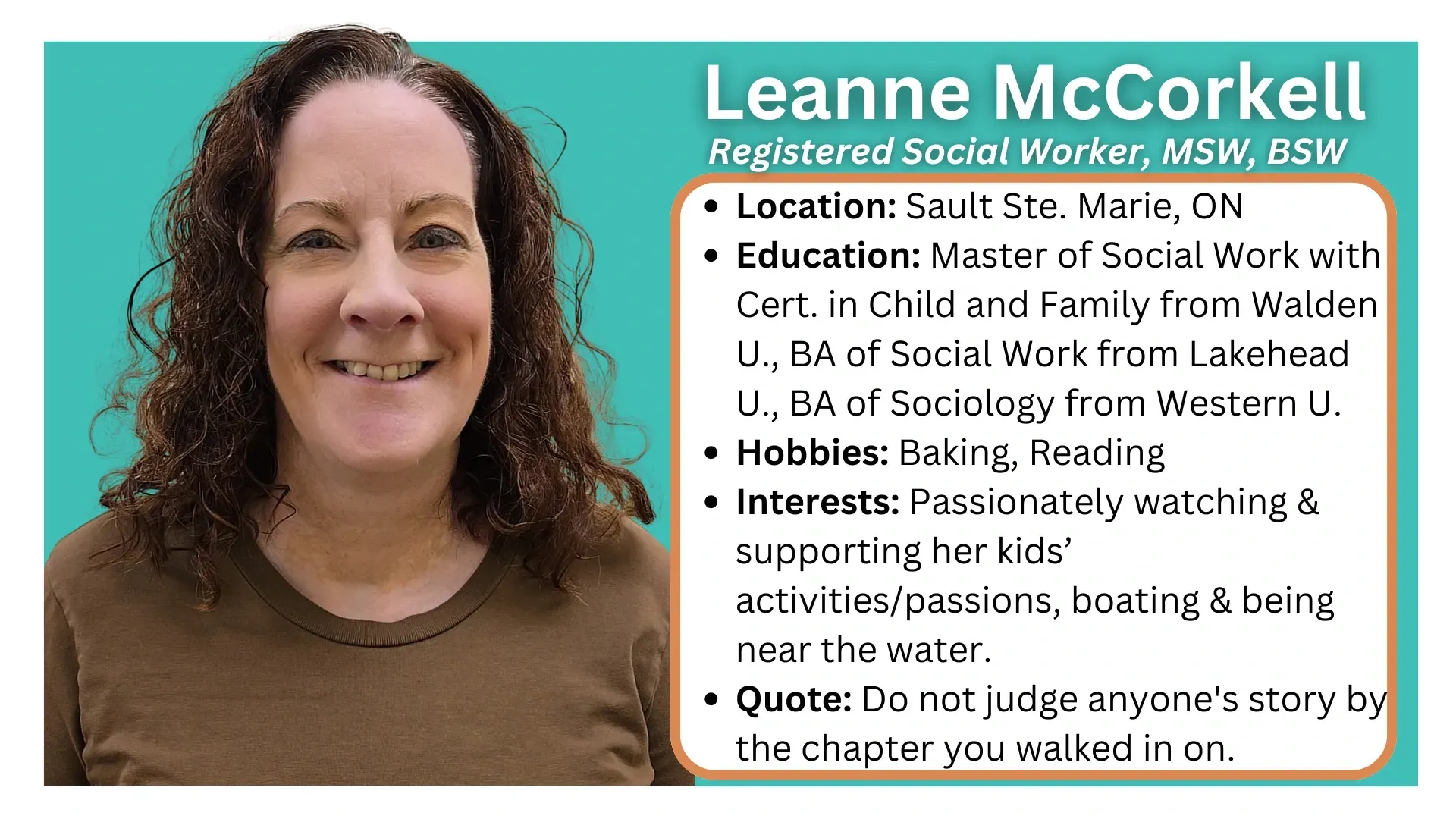
Massage Therapy
We offer support in preventative care & rehab needs when it comes to massage therapy.
For more information
click here
Dietician Services
We offer personalized and intentional nutritional plan through the care of our Dietitian for your wellbeing and health.
For more information
click here
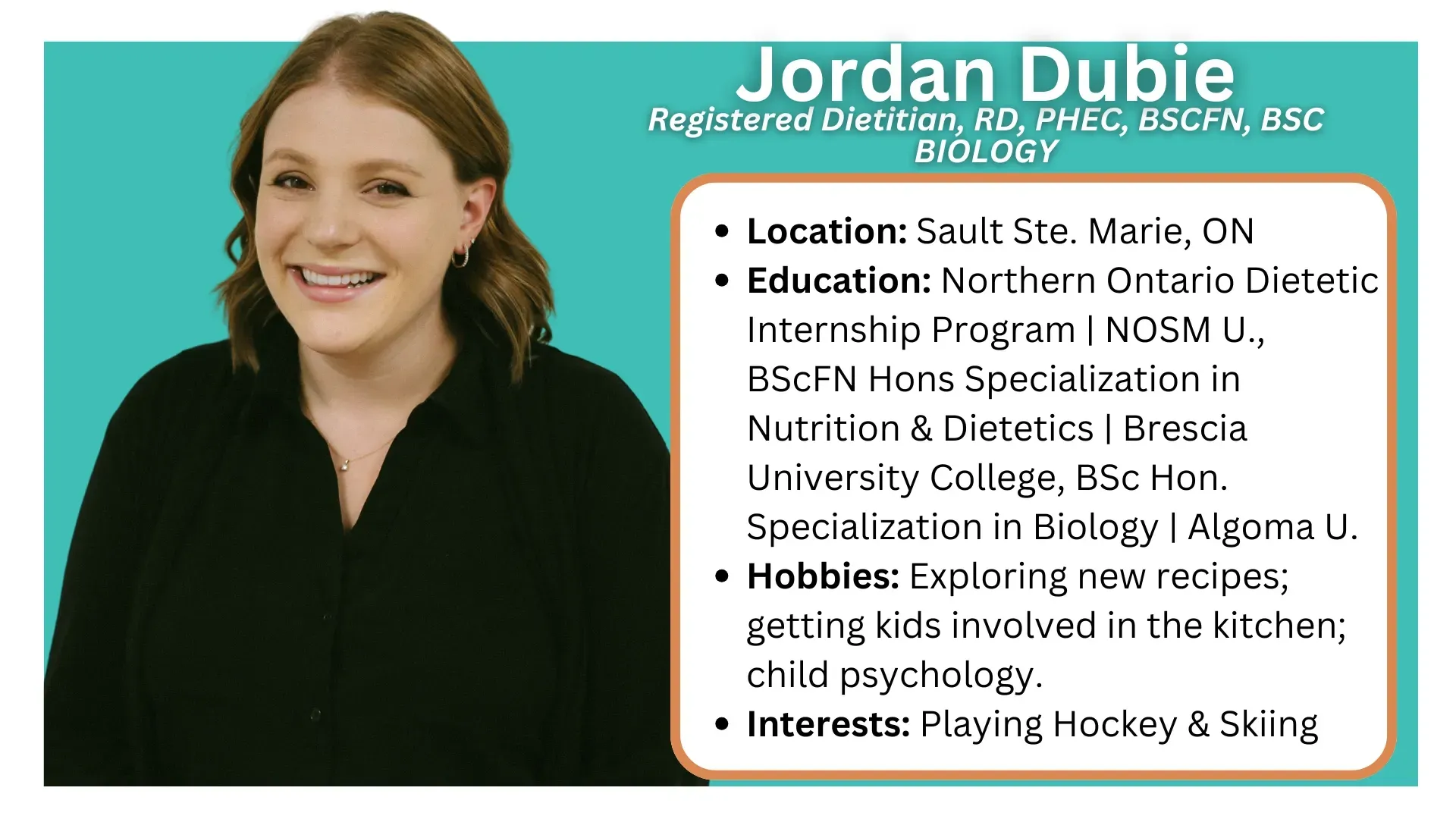
Rehabilitation Assistants
Our team offers ongoing support to help you navigate daily life challenges at school and in your community.
For more information
click here
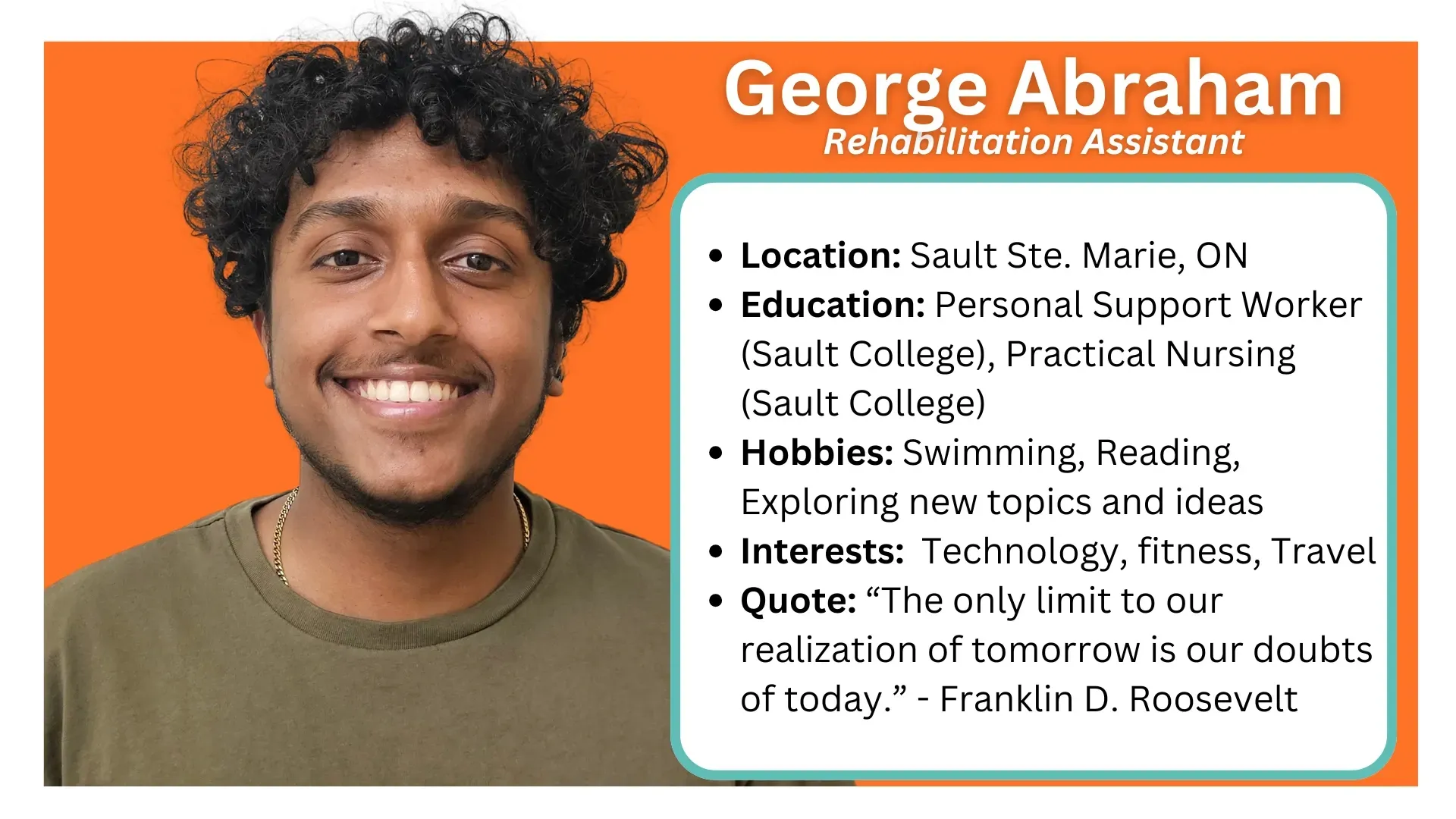
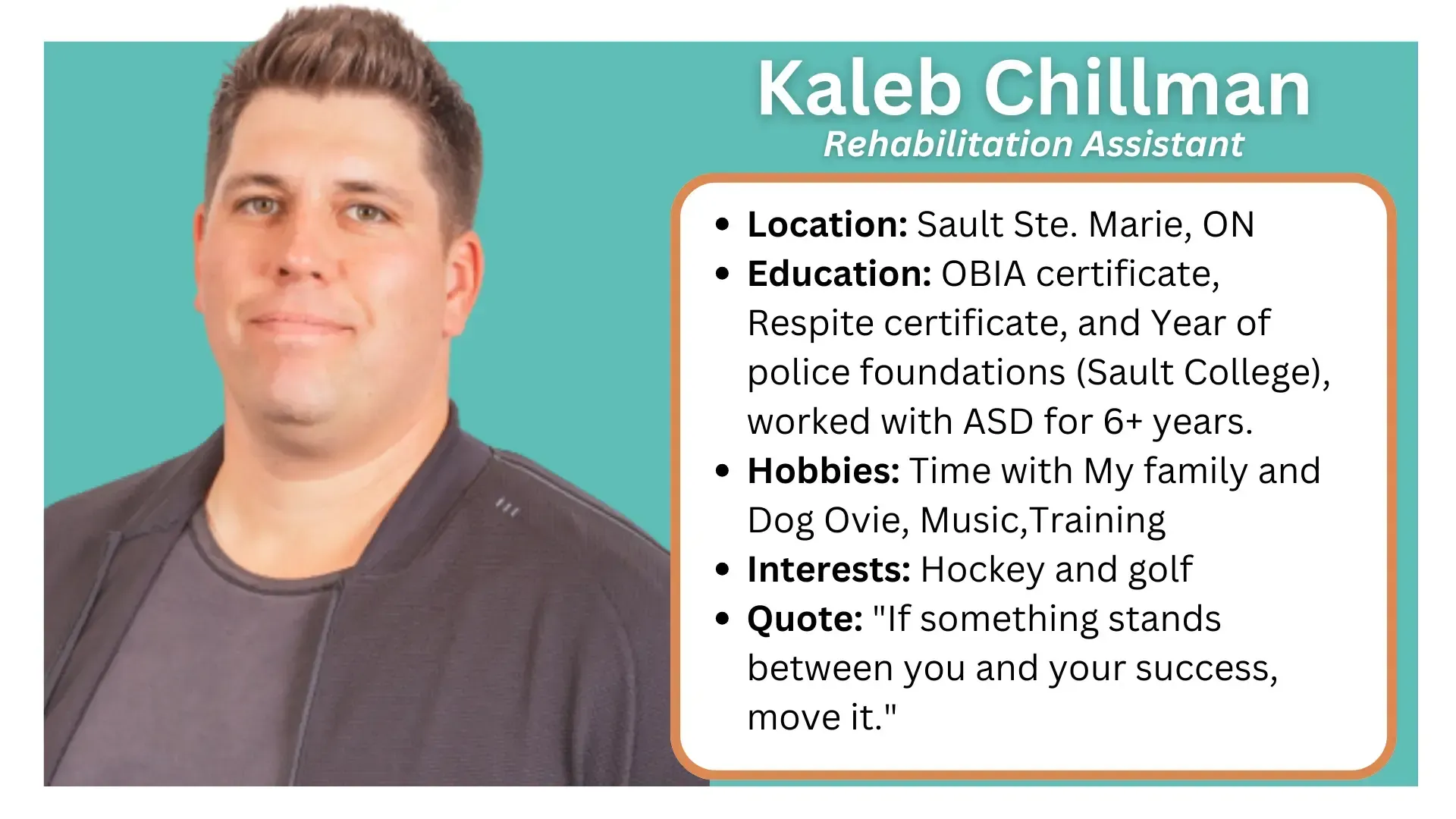
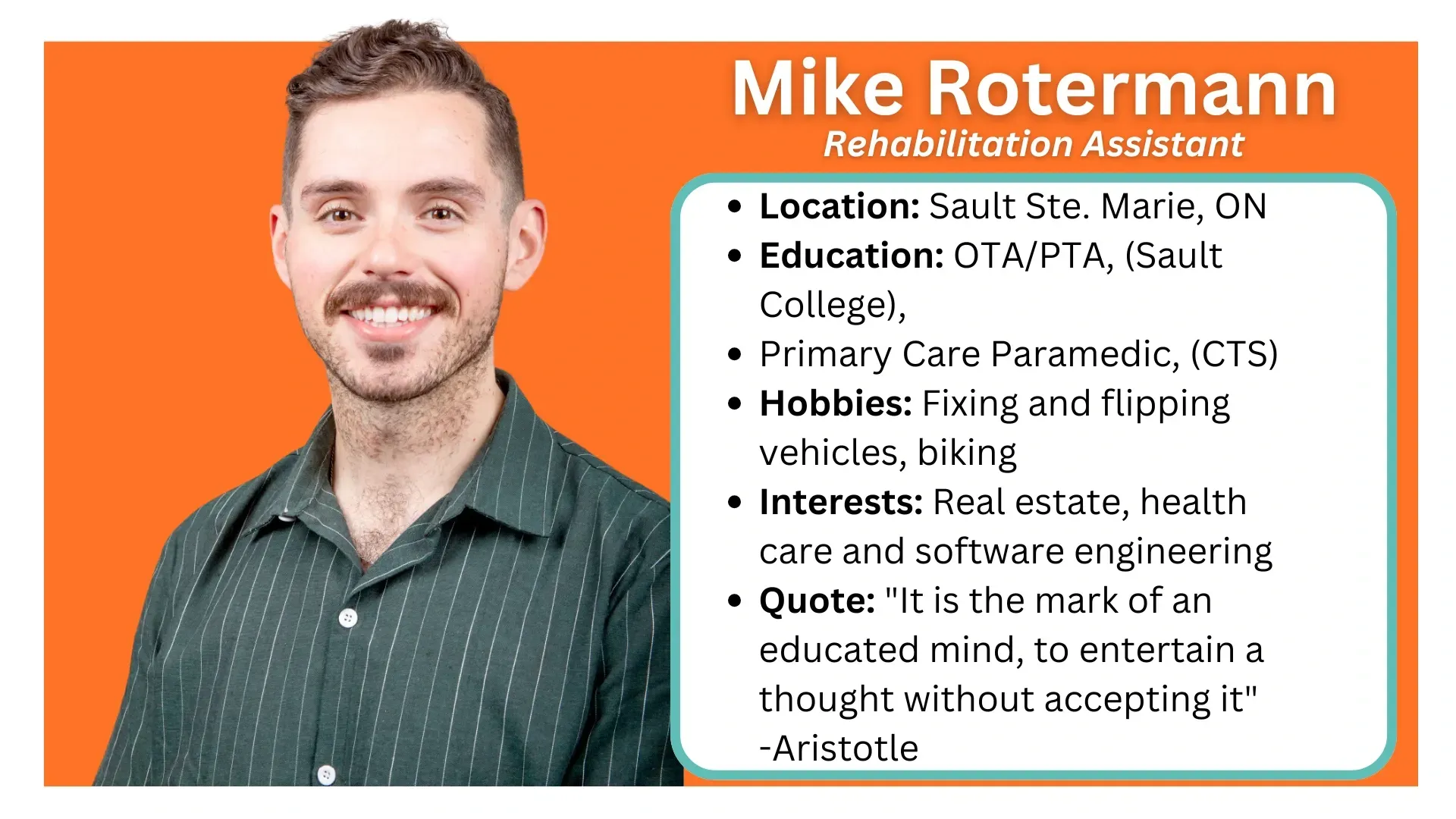
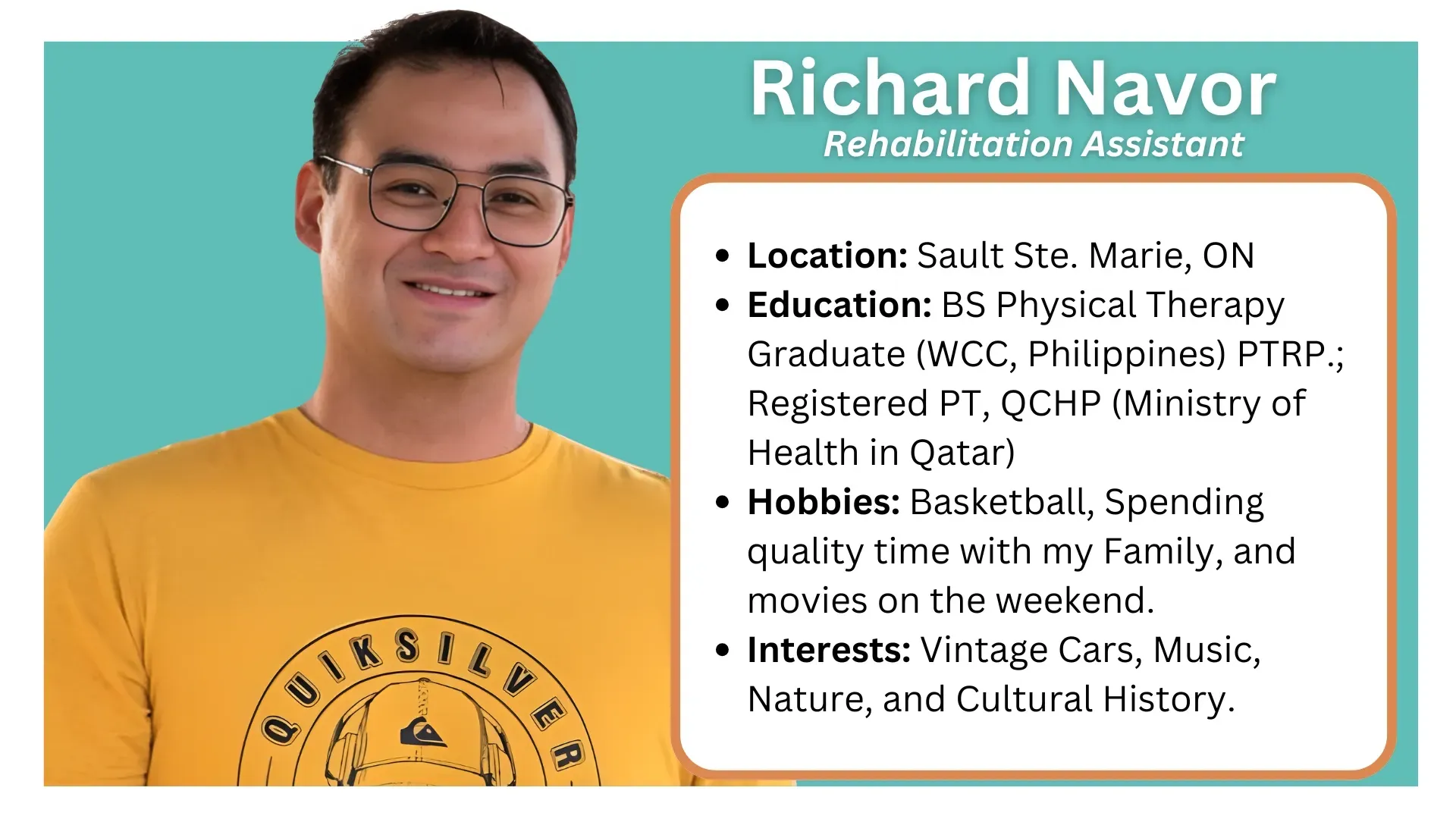
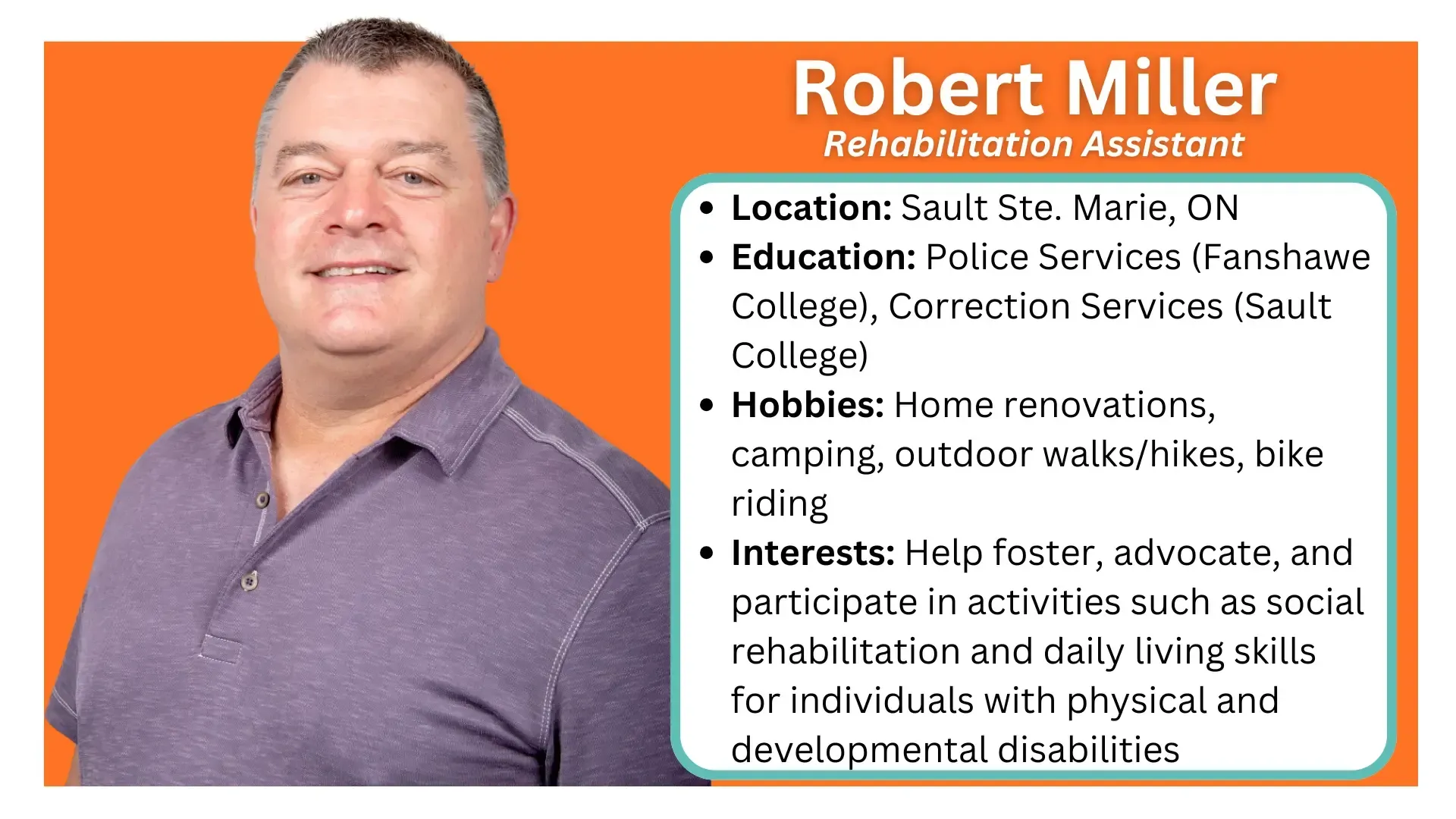
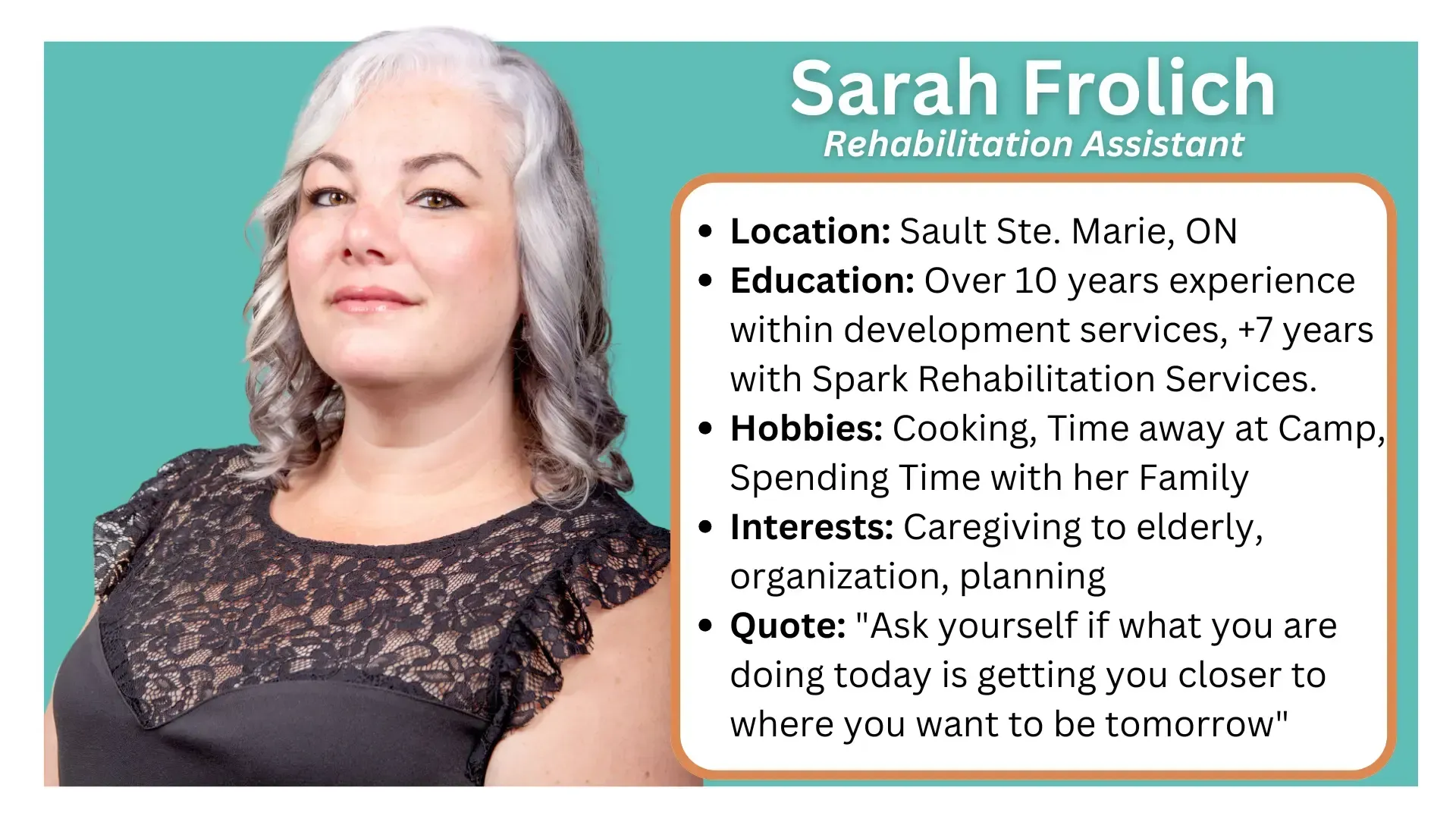
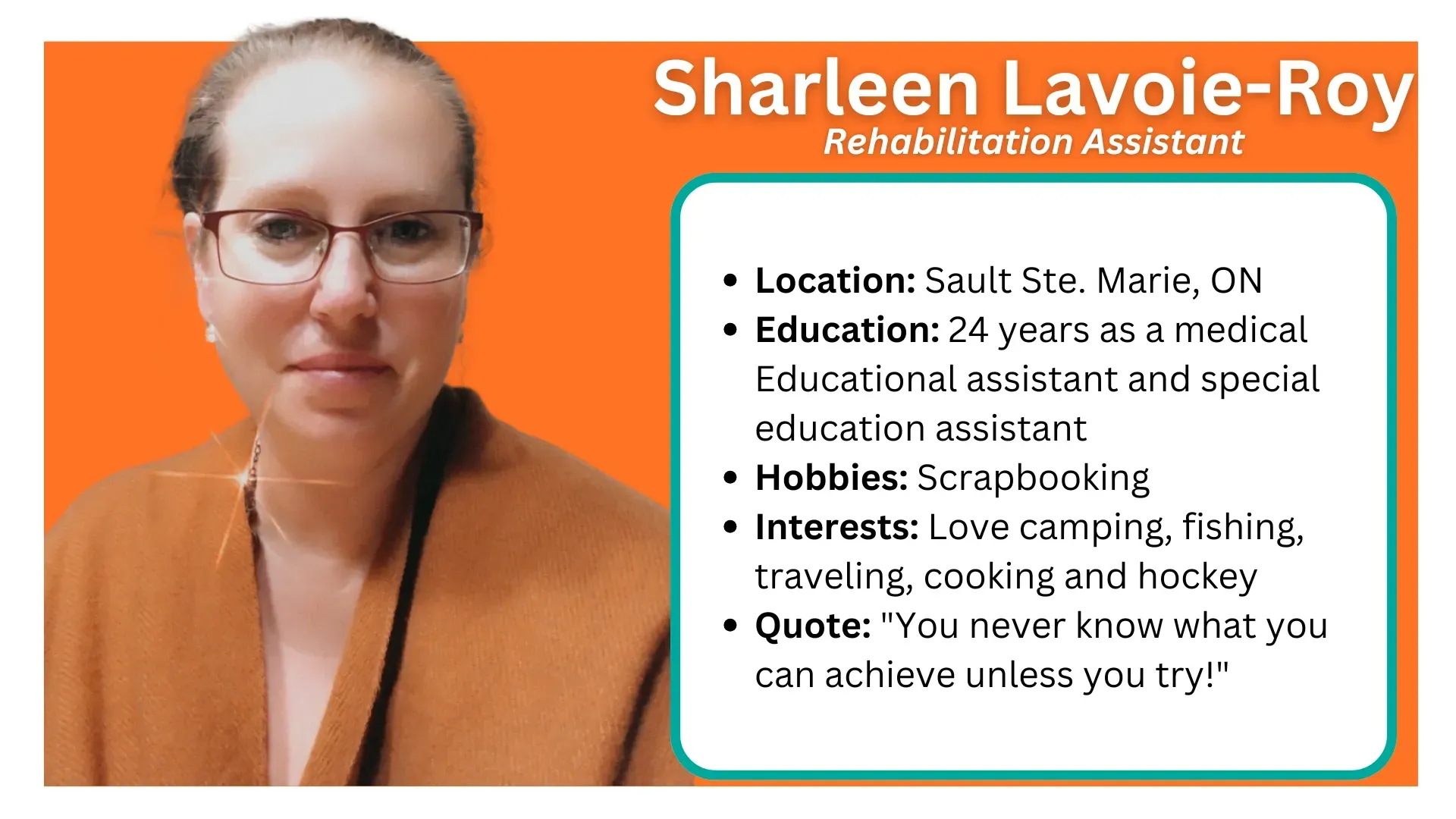
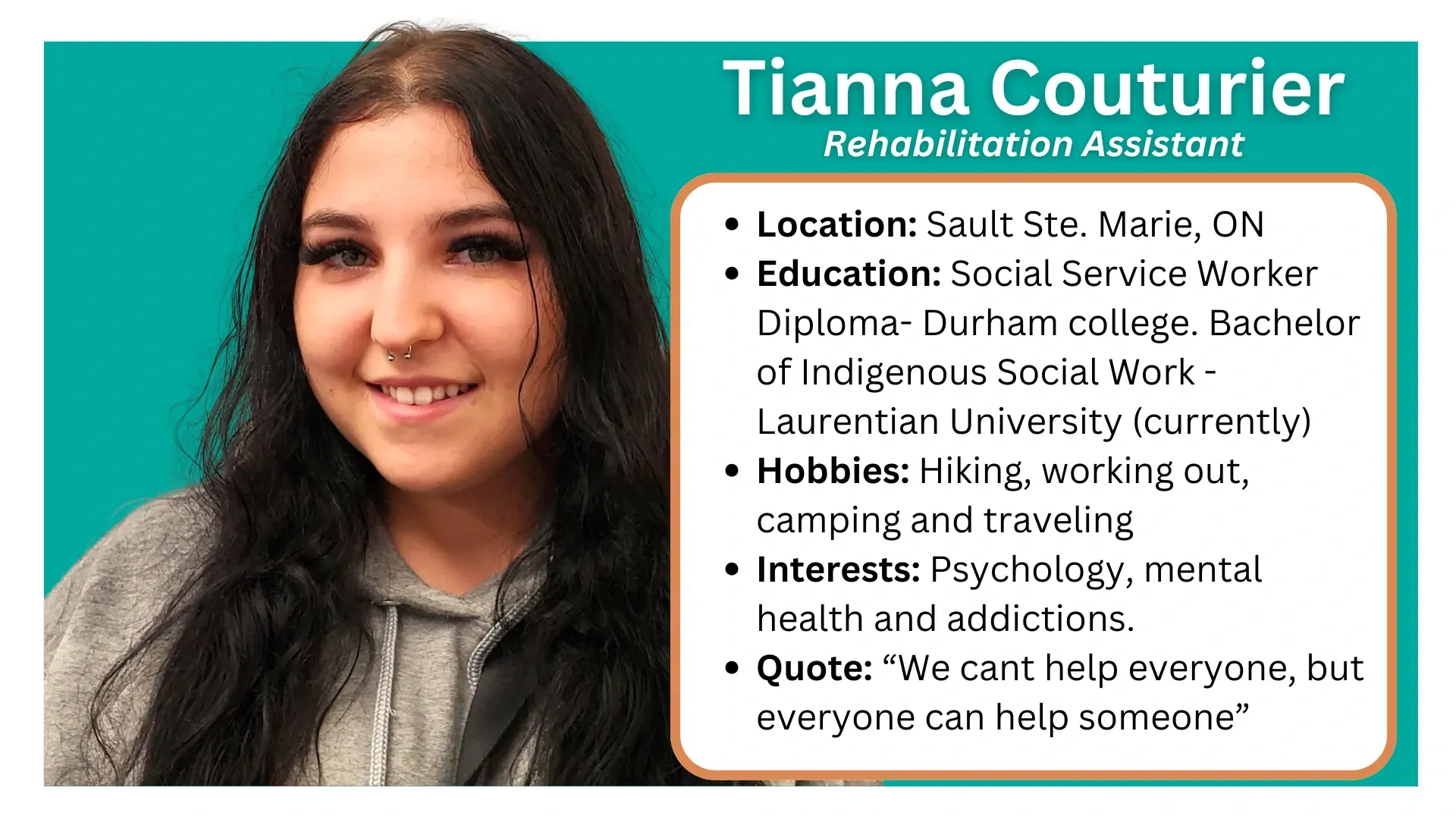
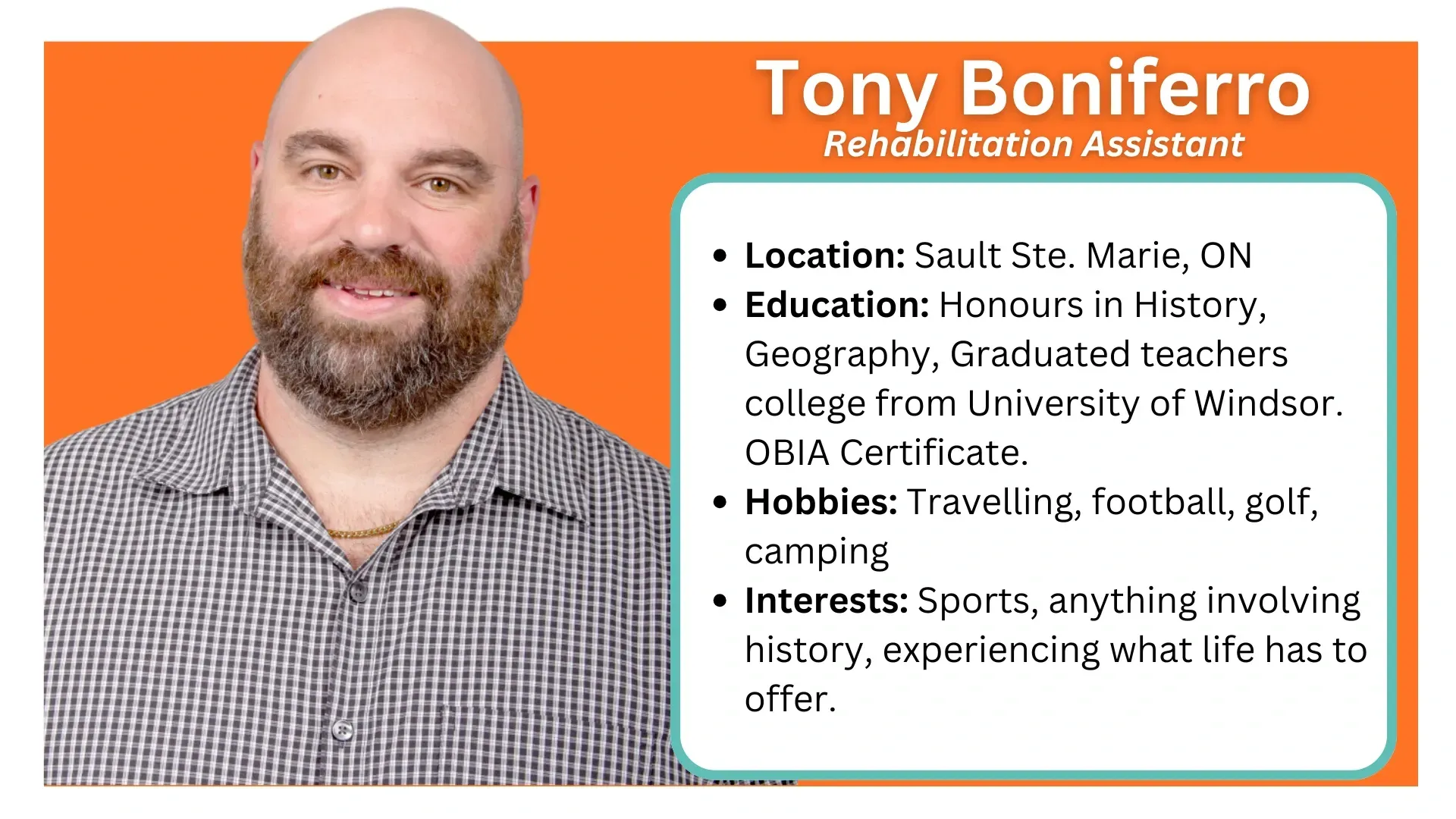
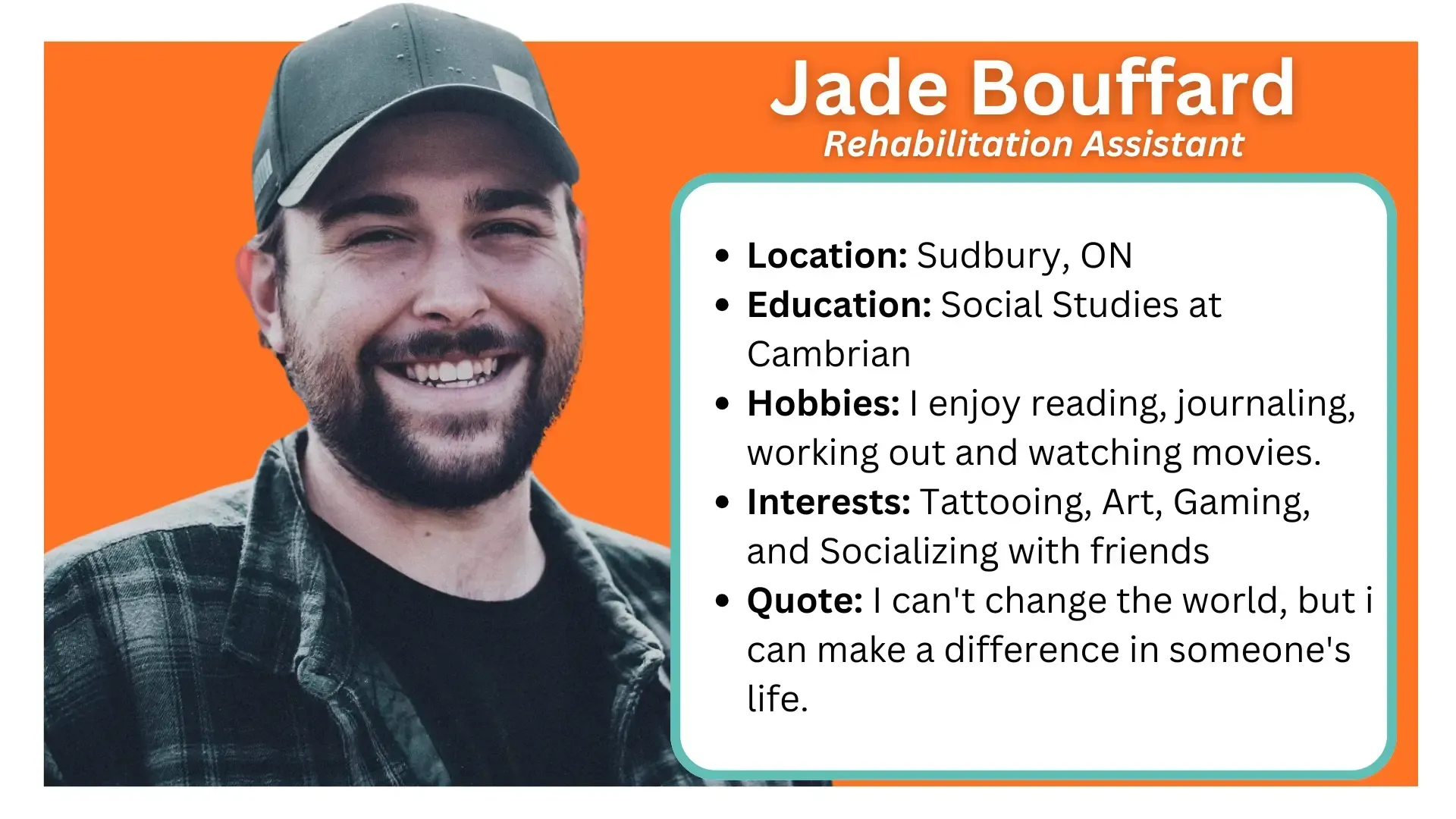
Administration
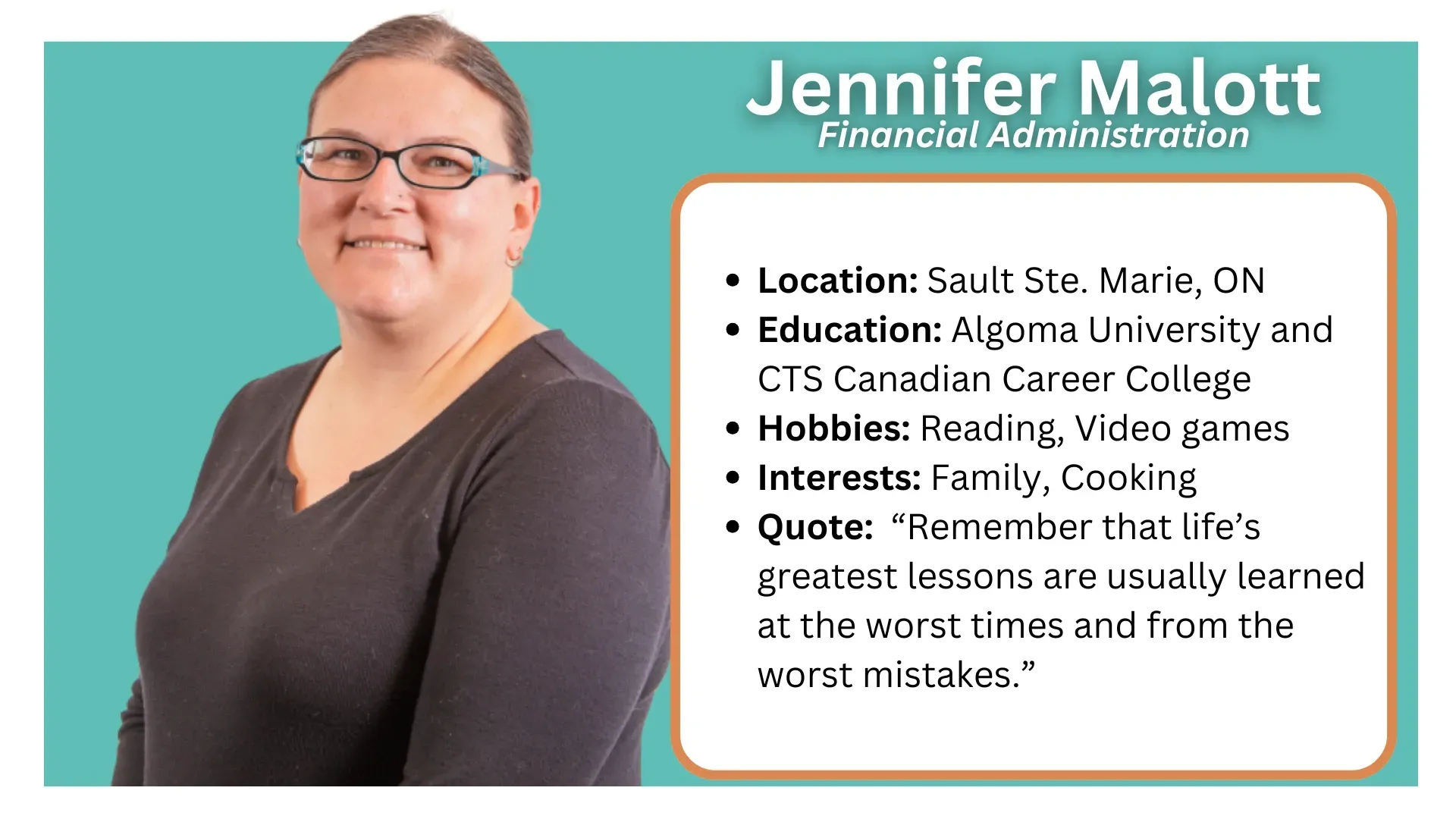
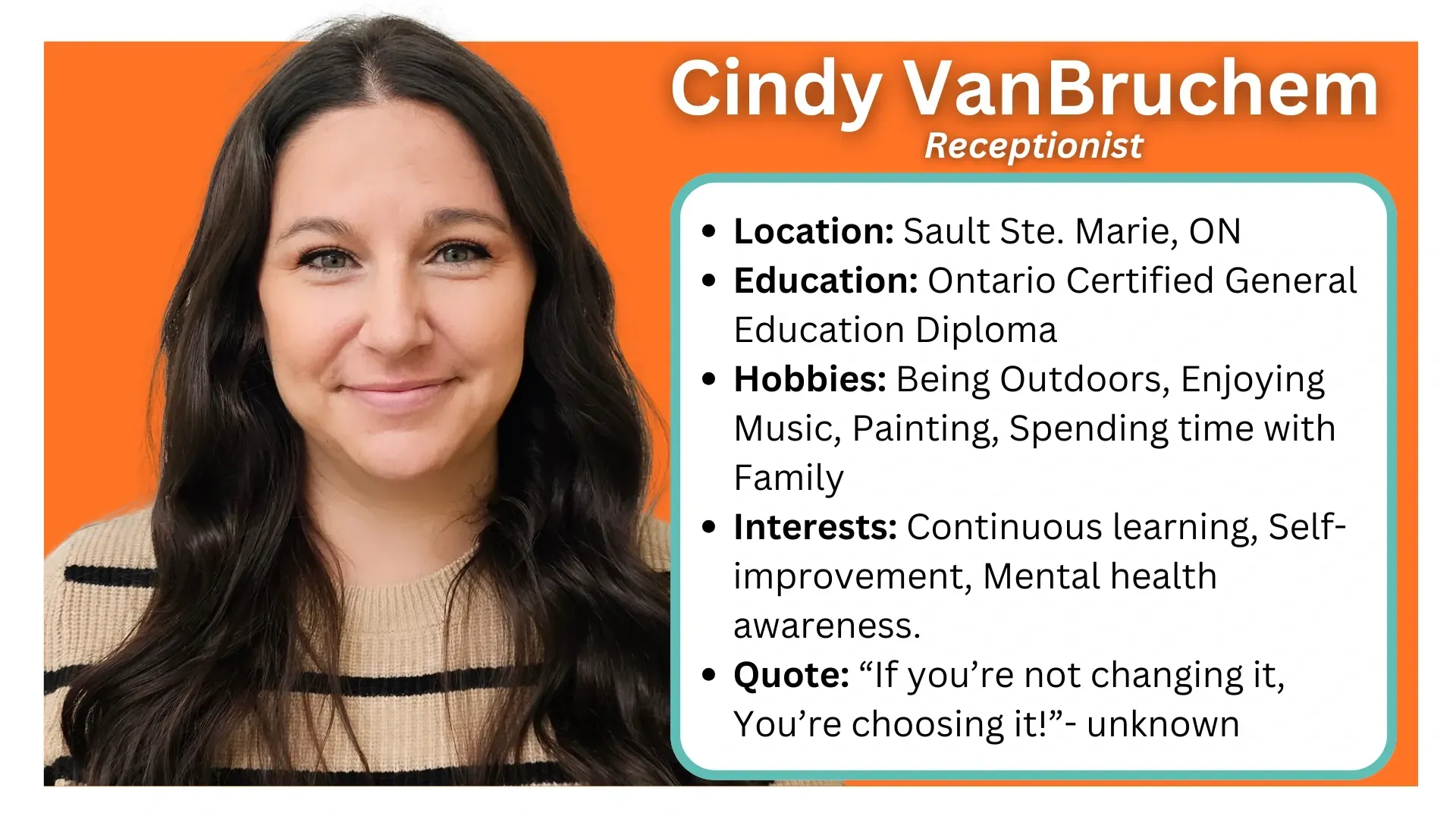
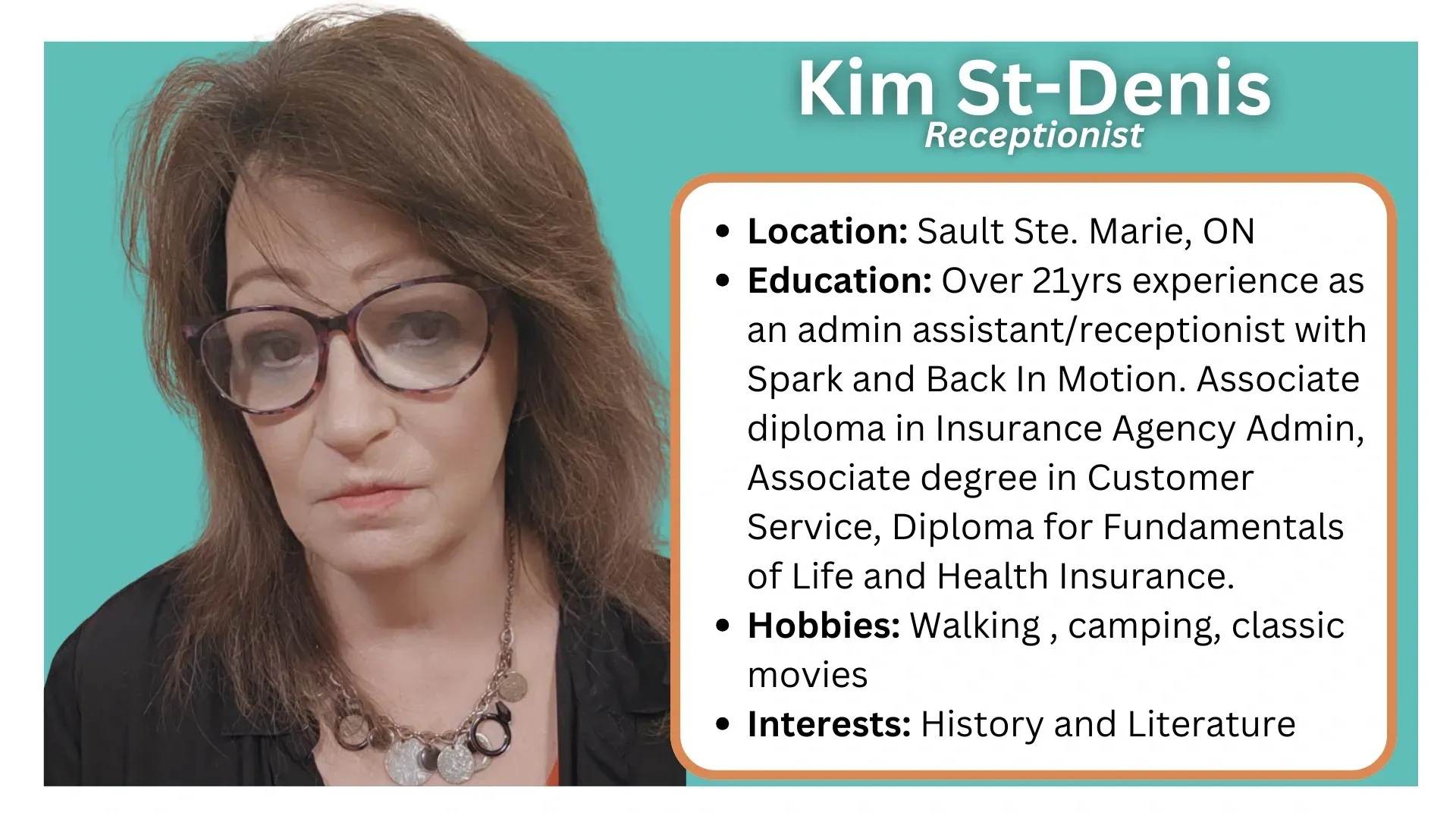
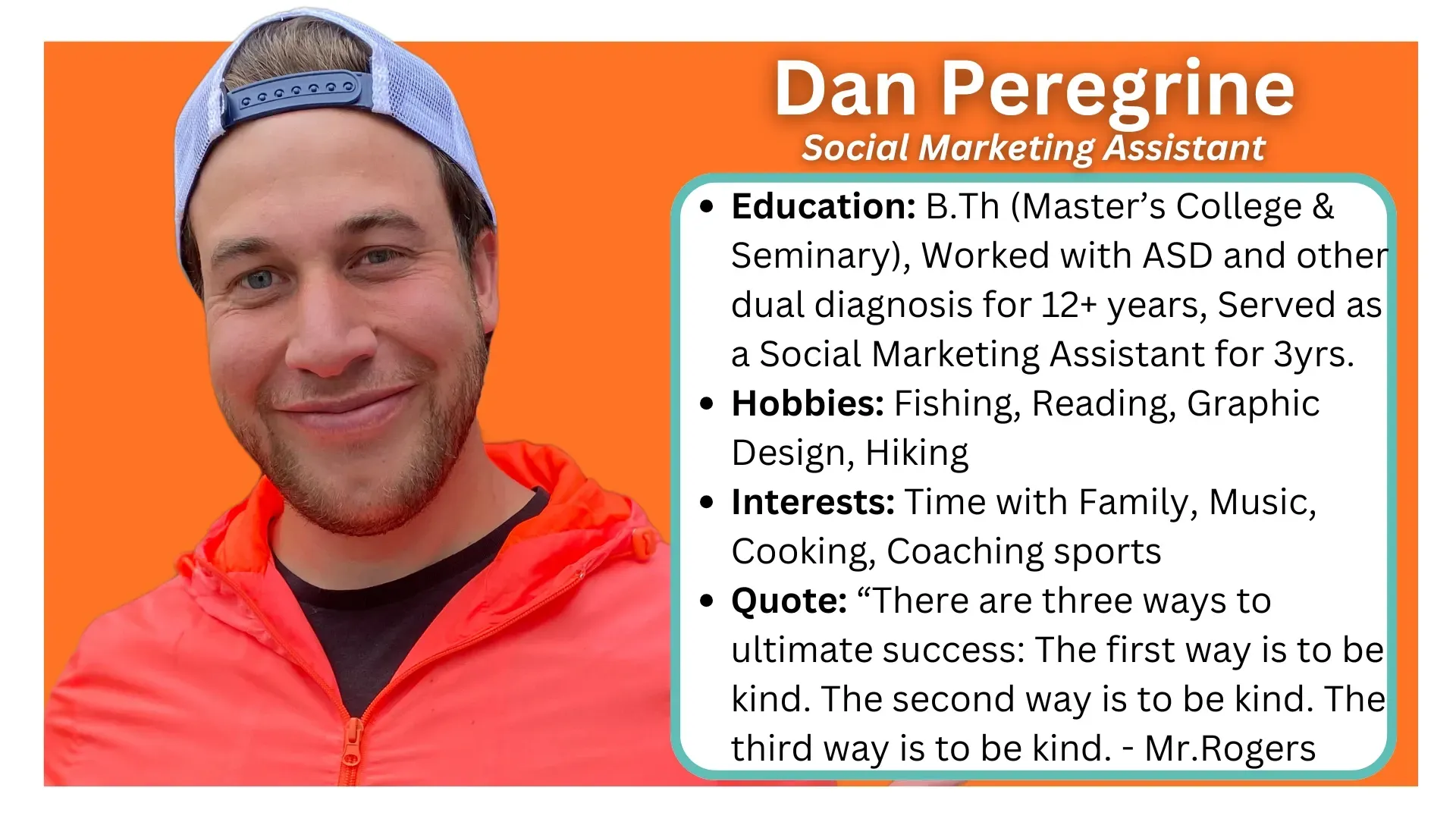
BOOK NOW!
We Can’t wait to meet you!
Your future is bright!
Our team is waiting to hear from you to learn how we can help you
"Spark your best life!"
